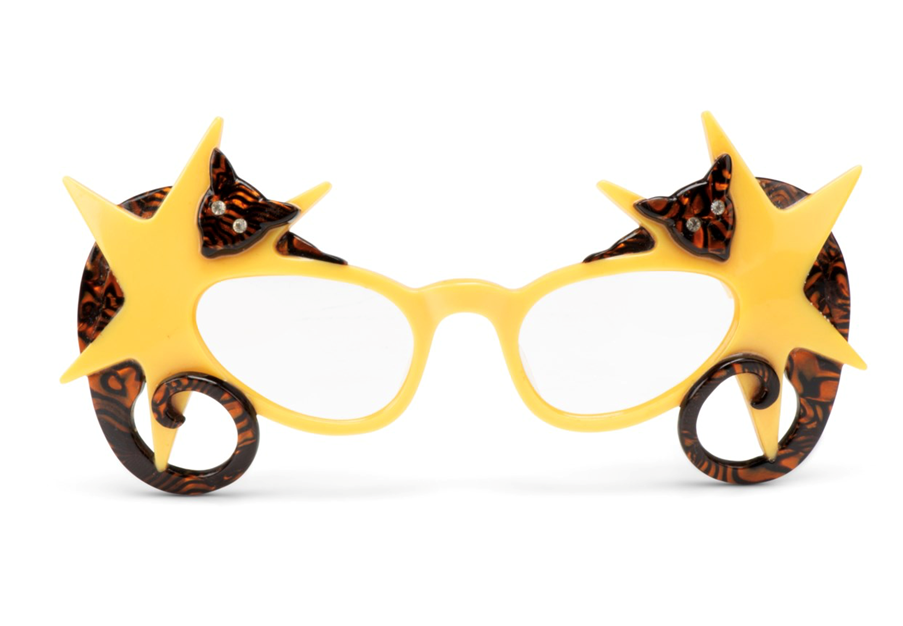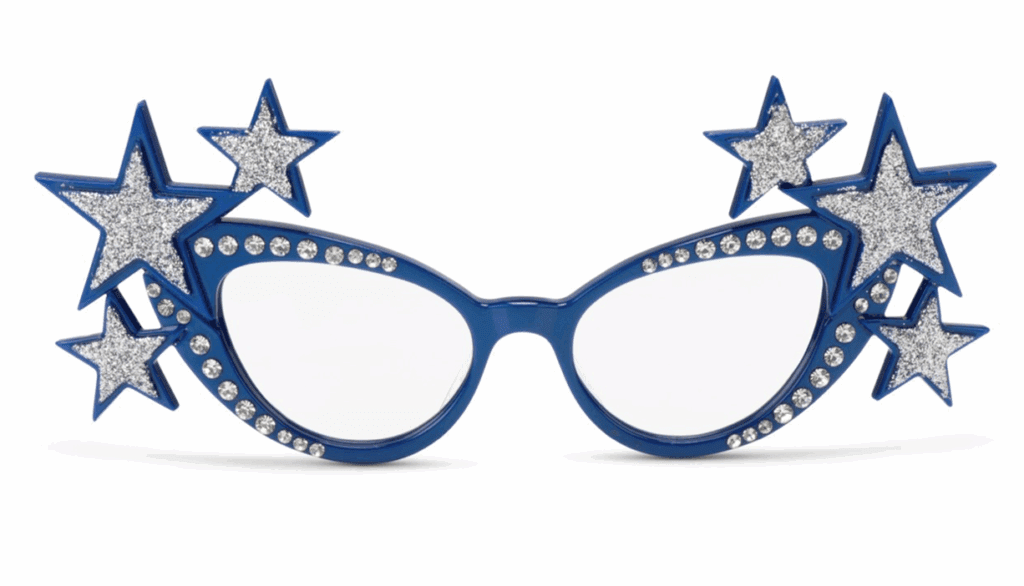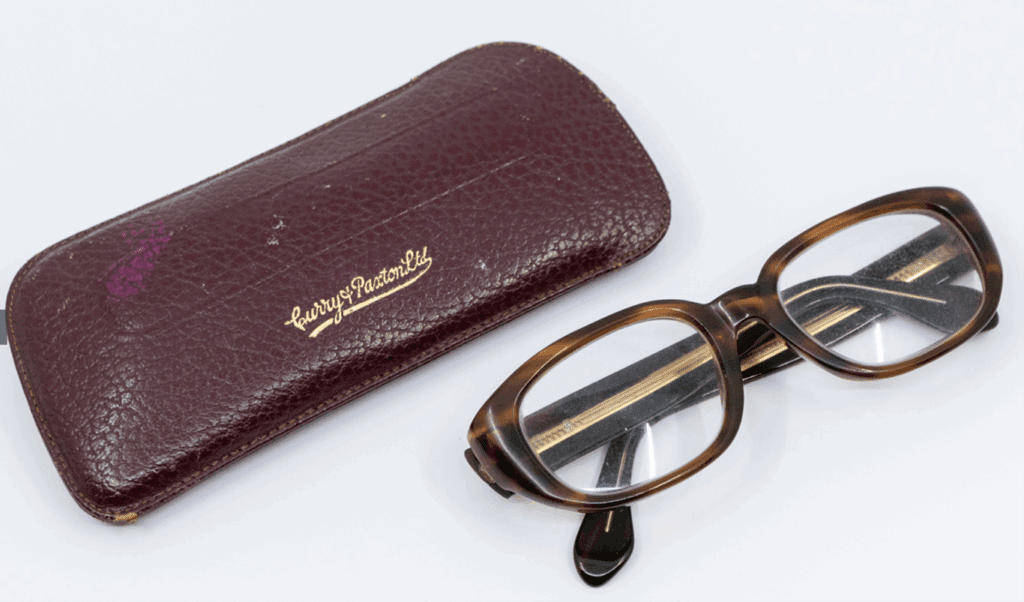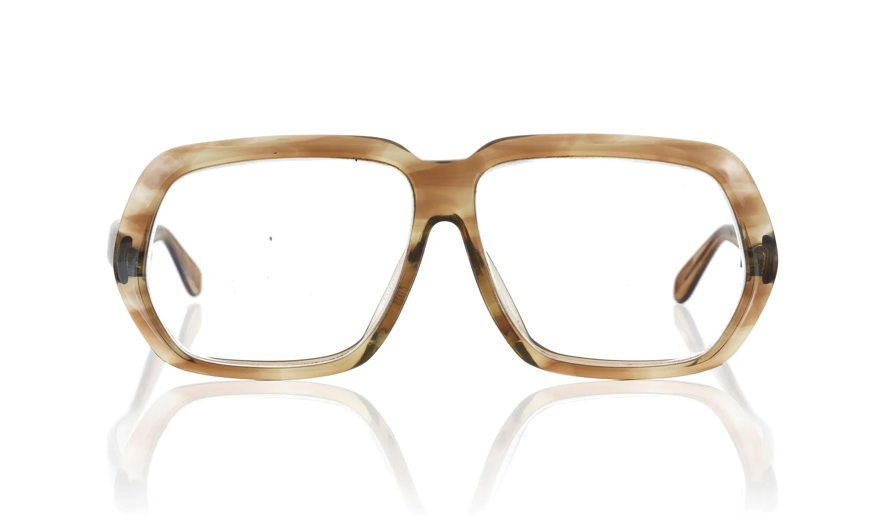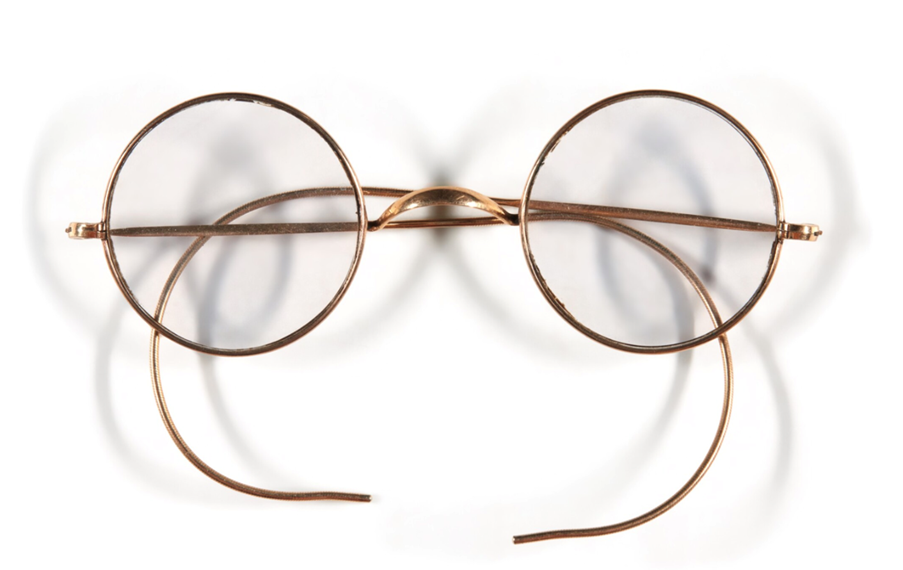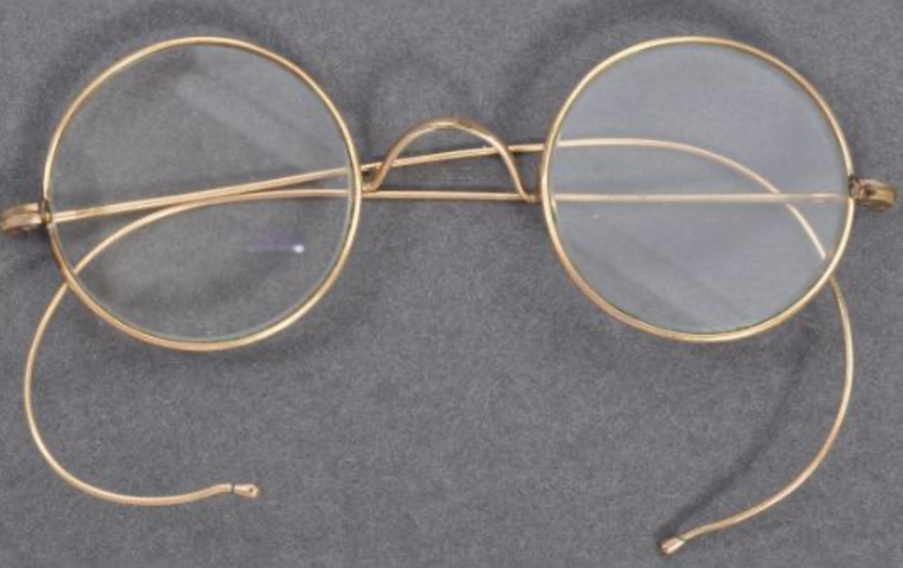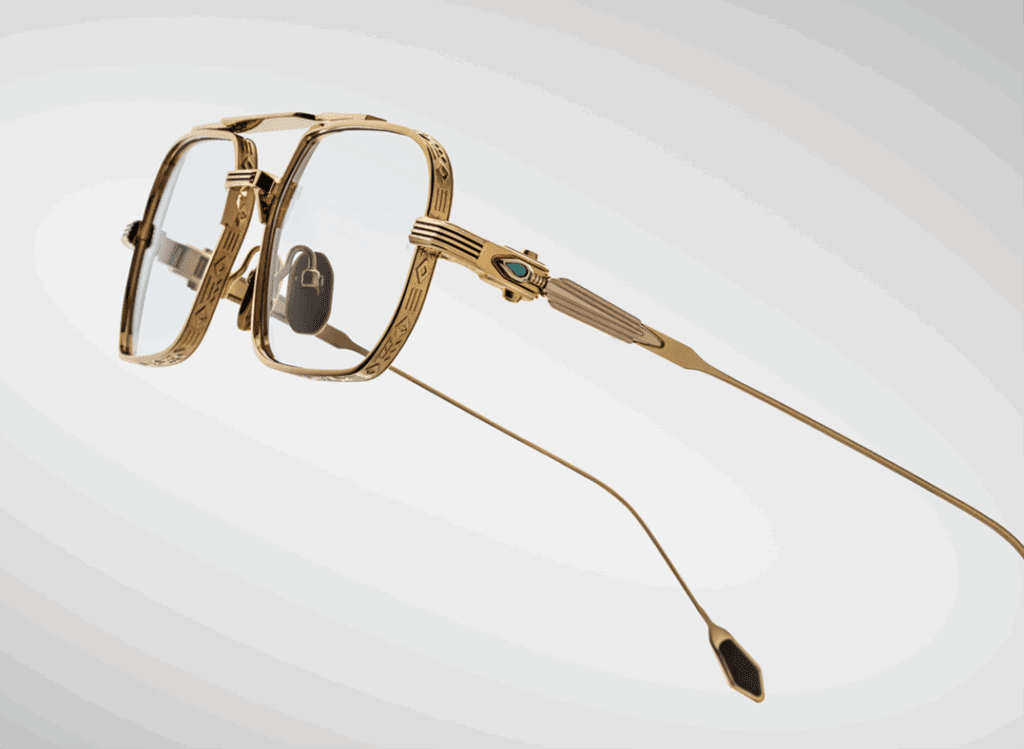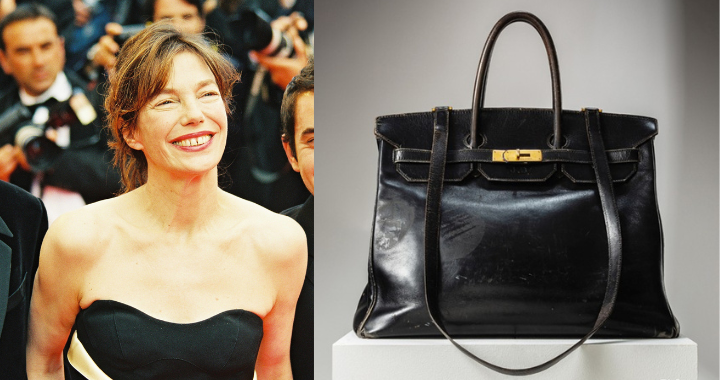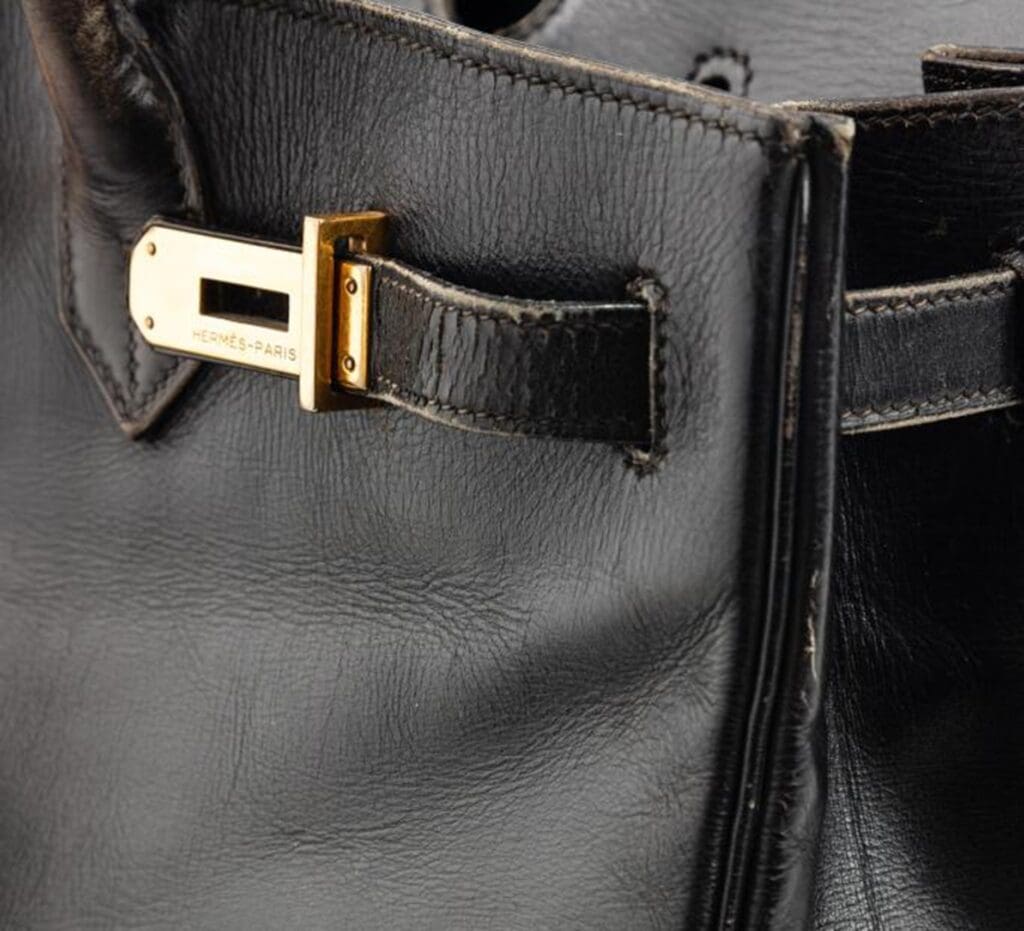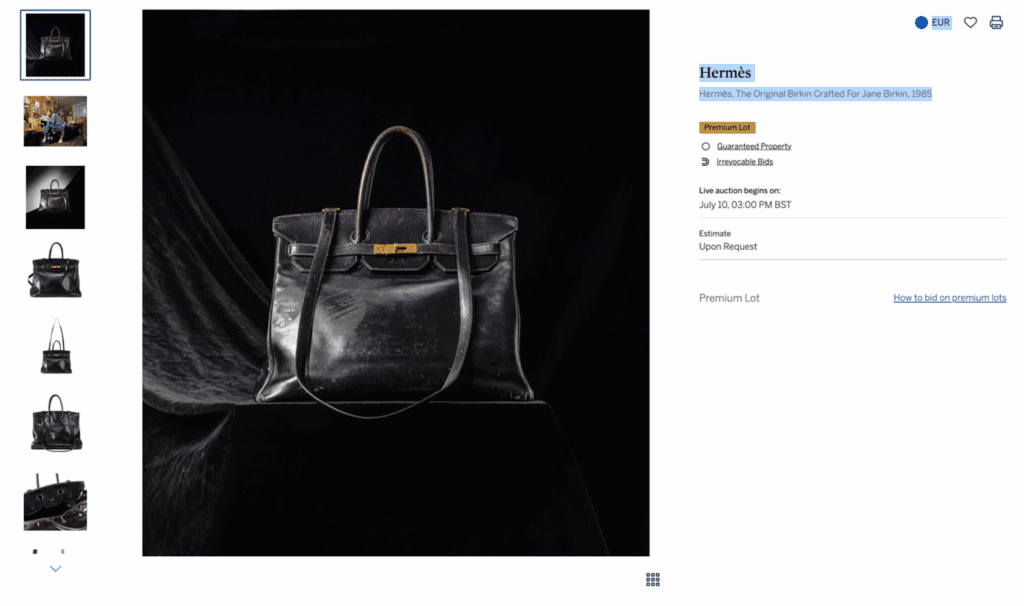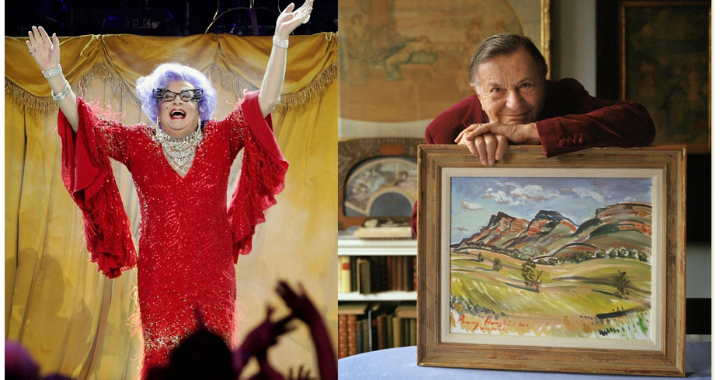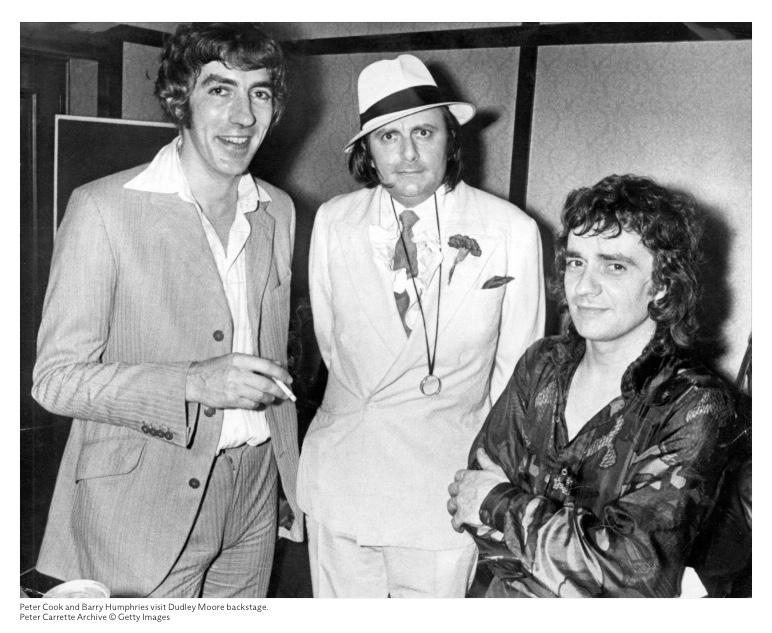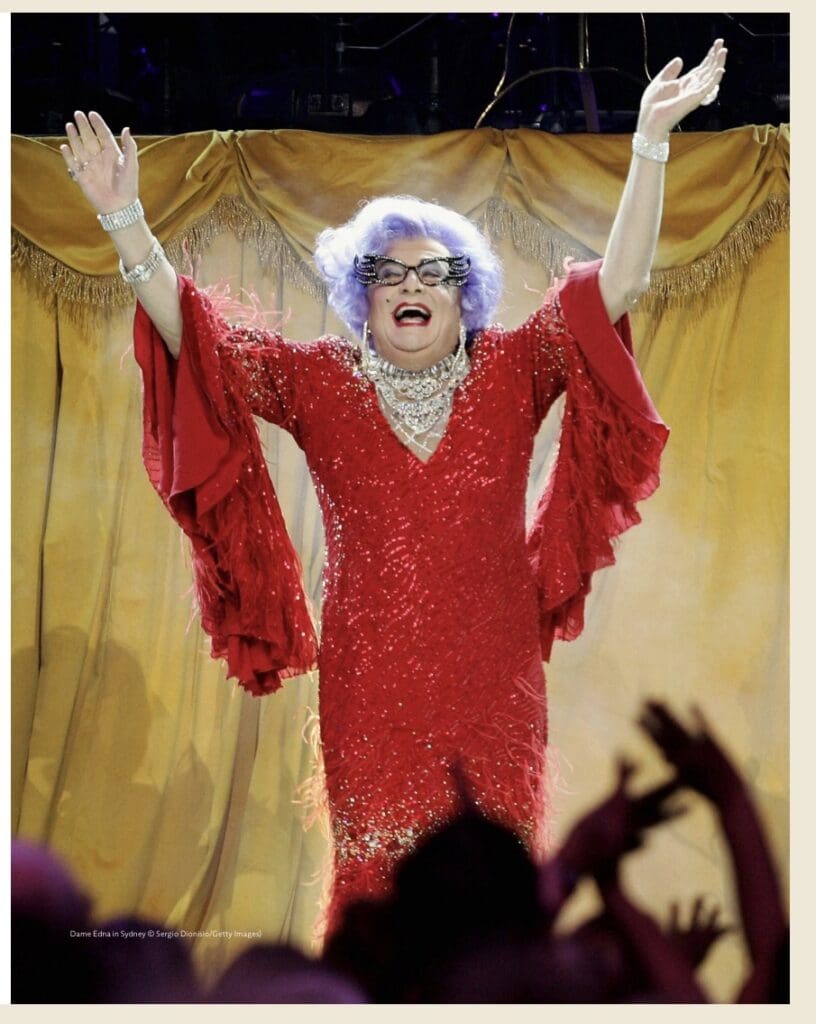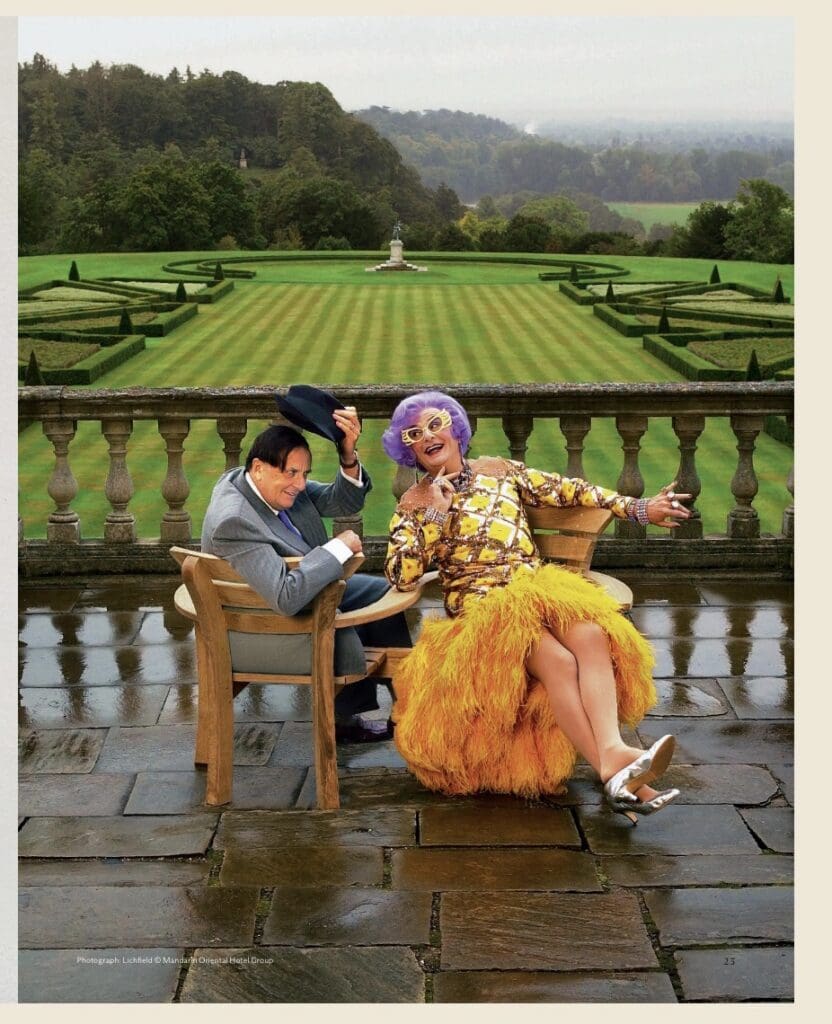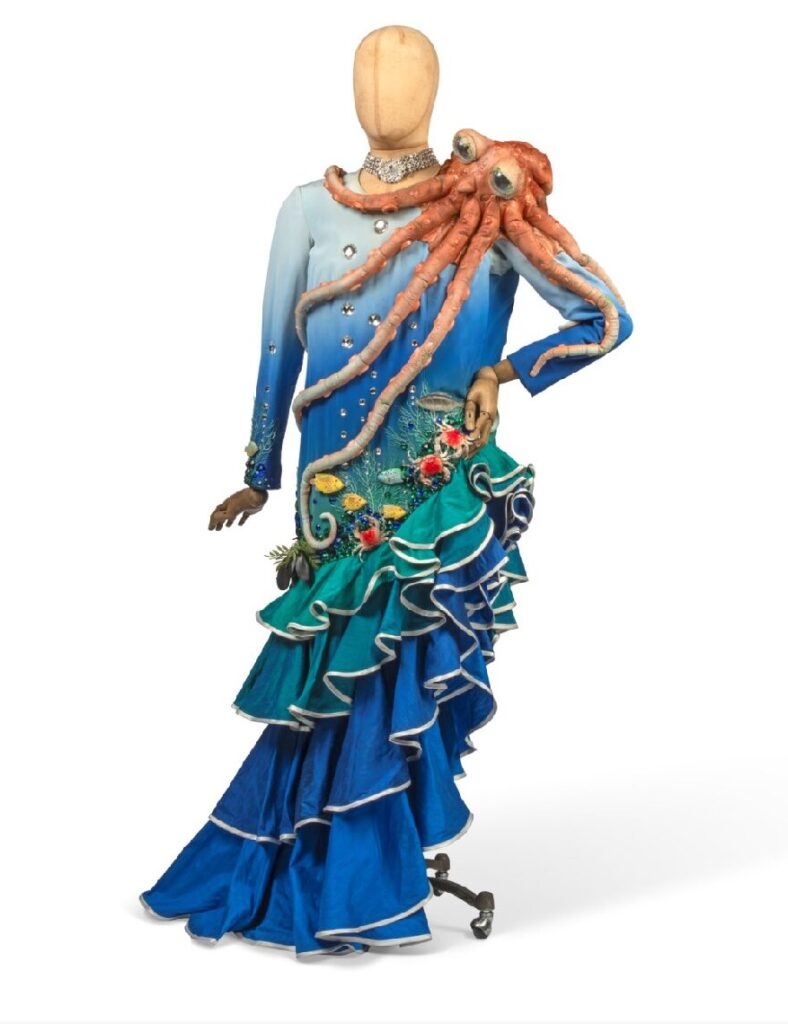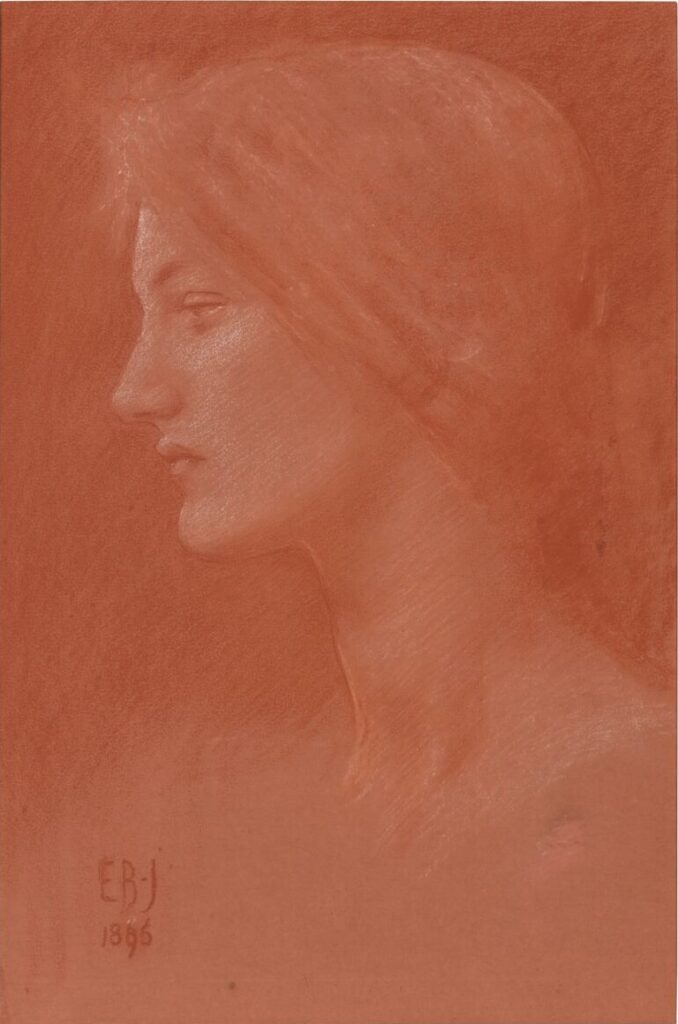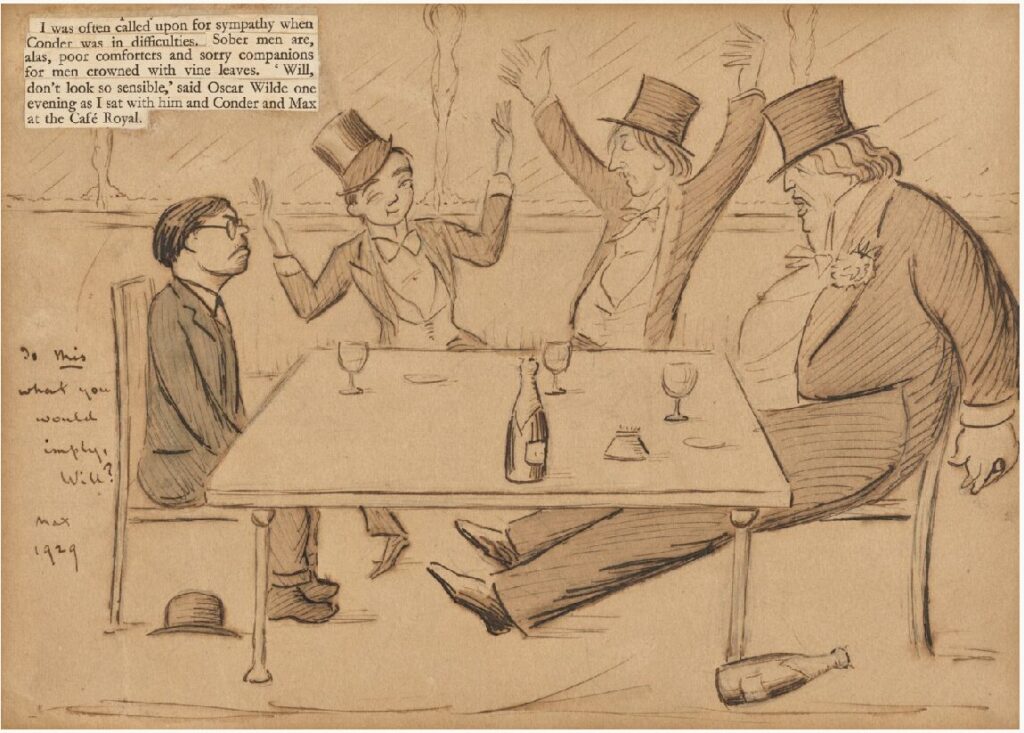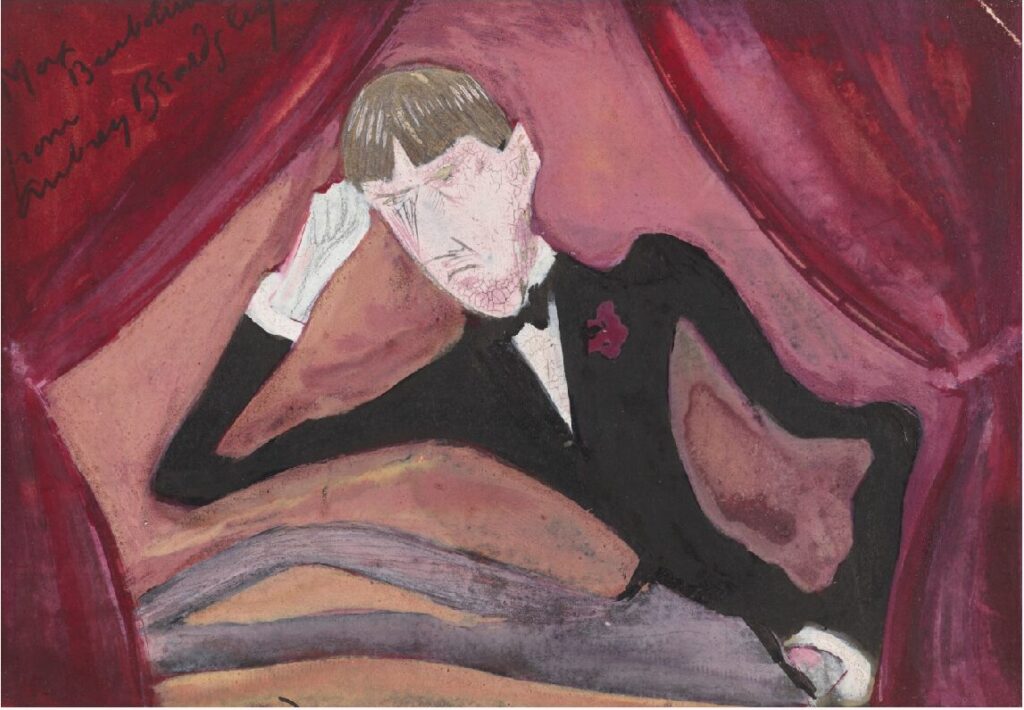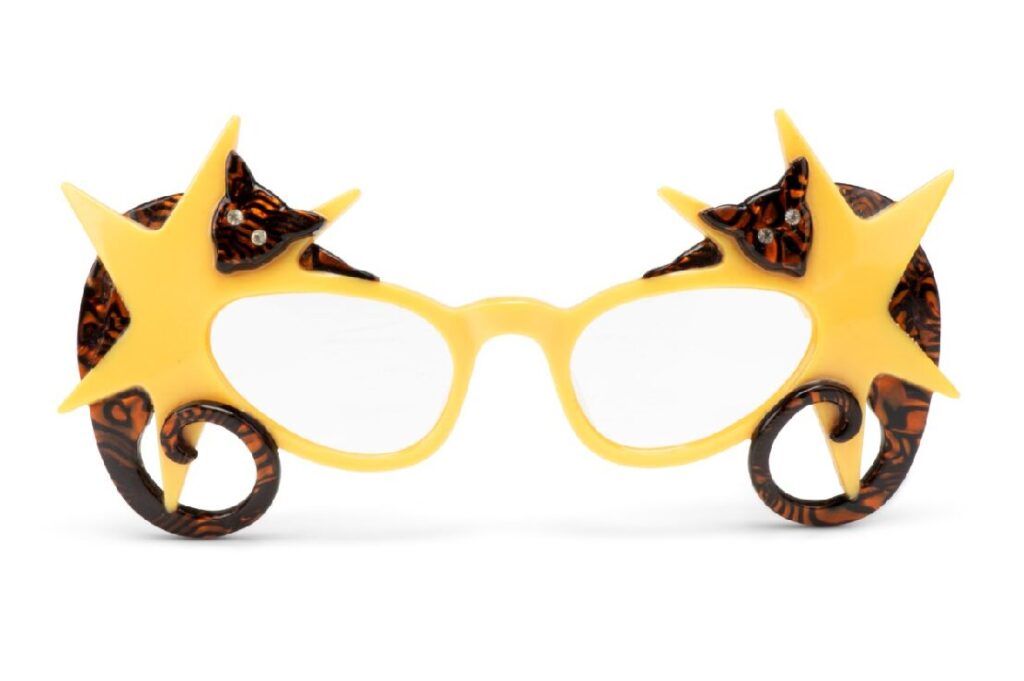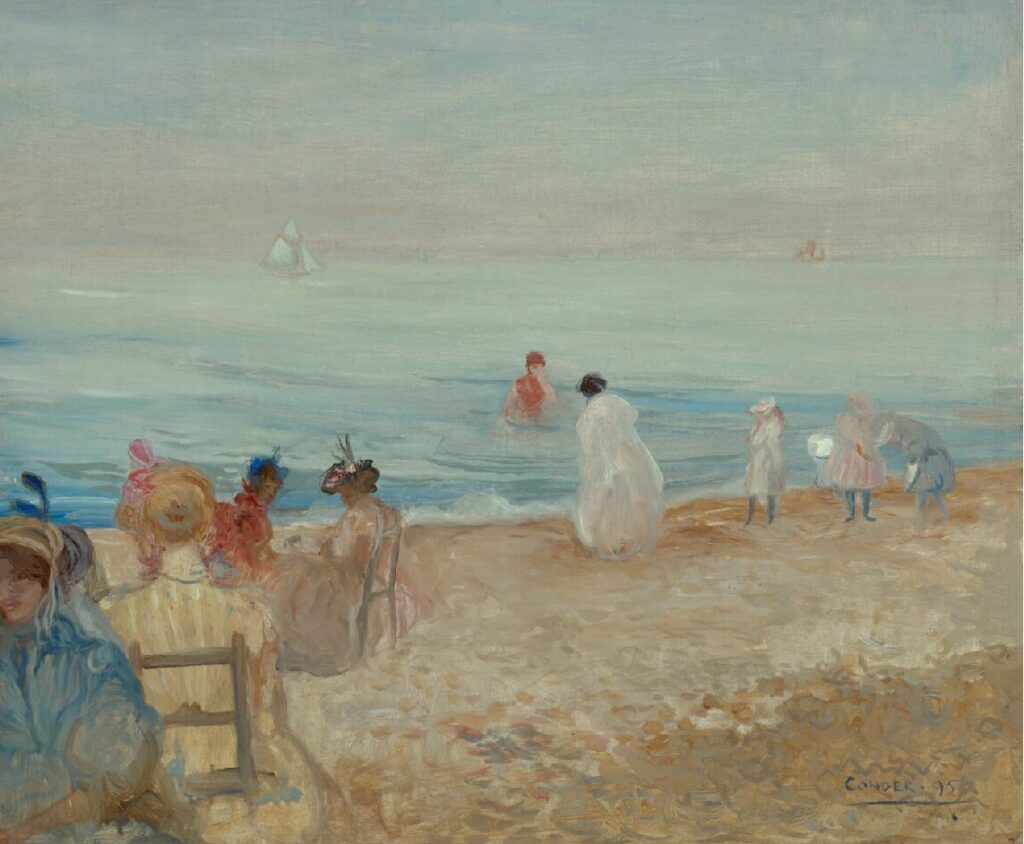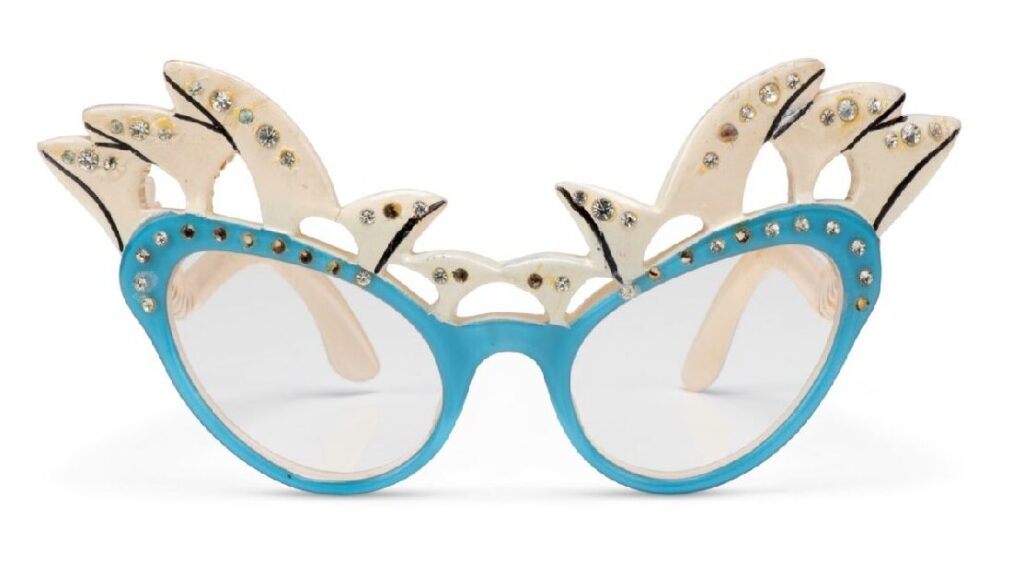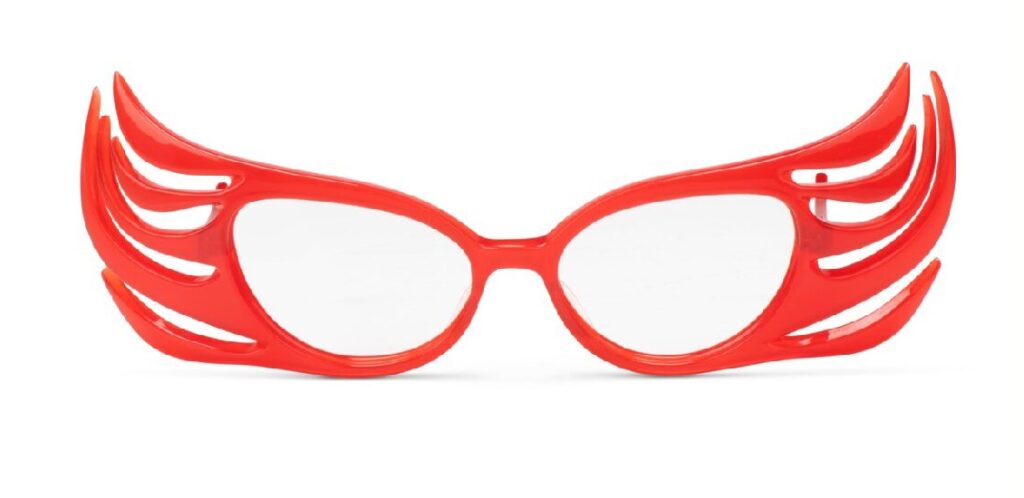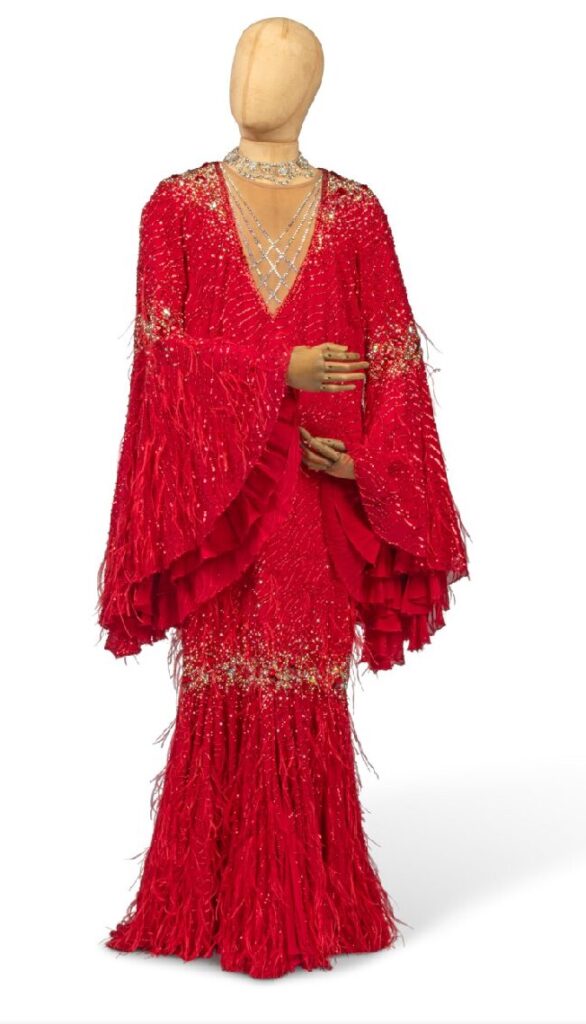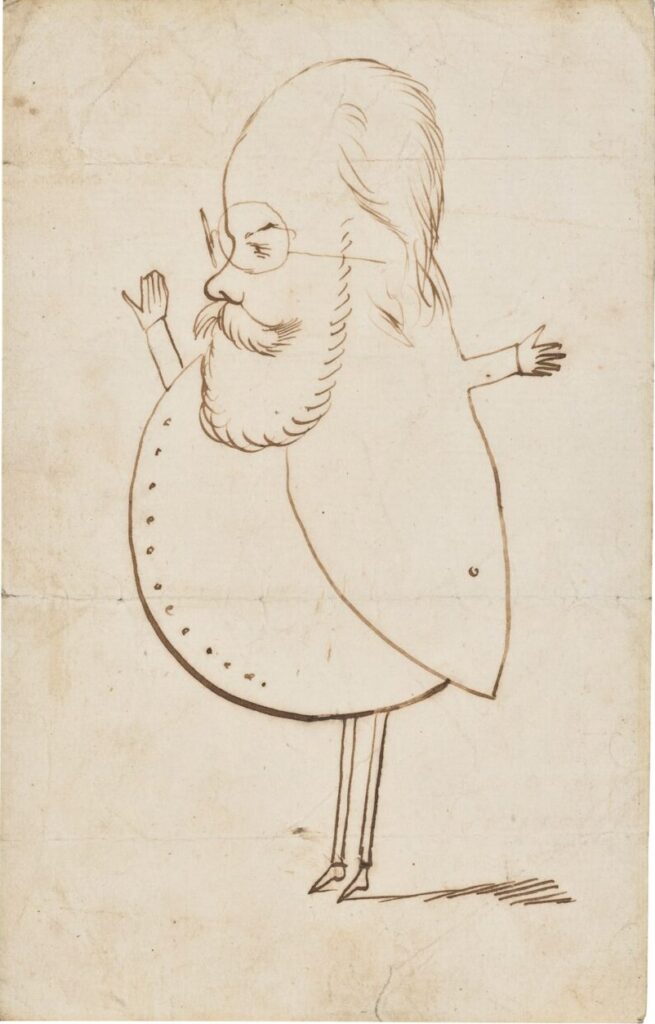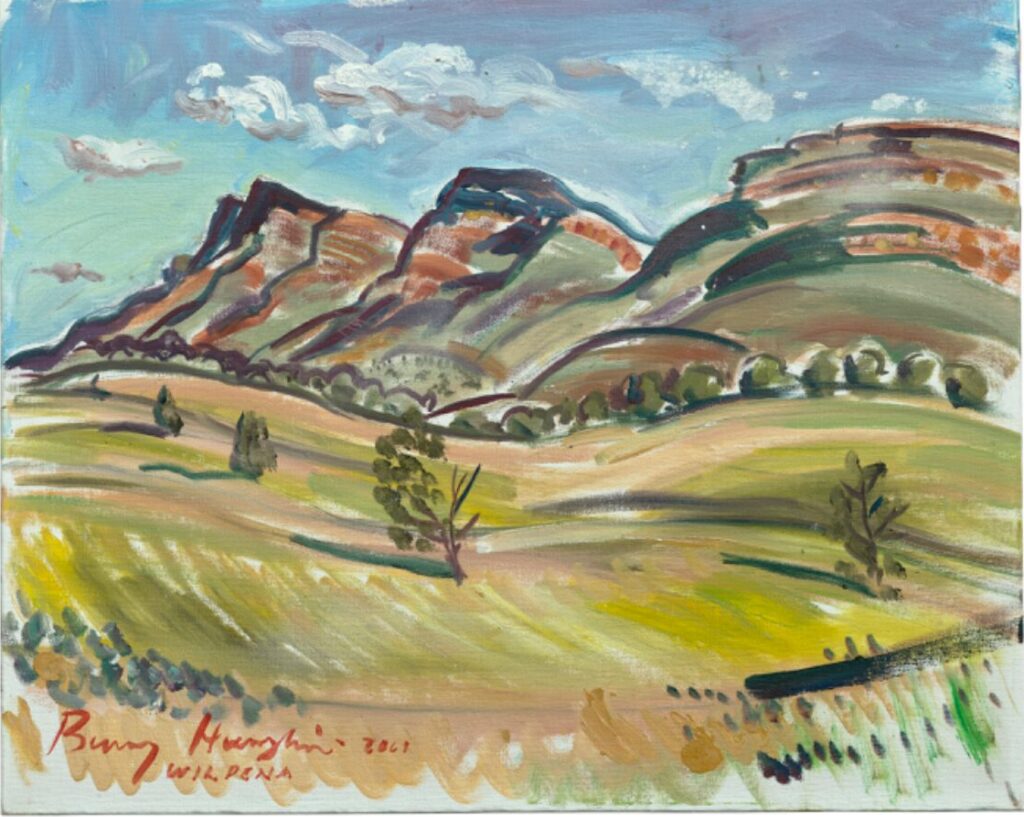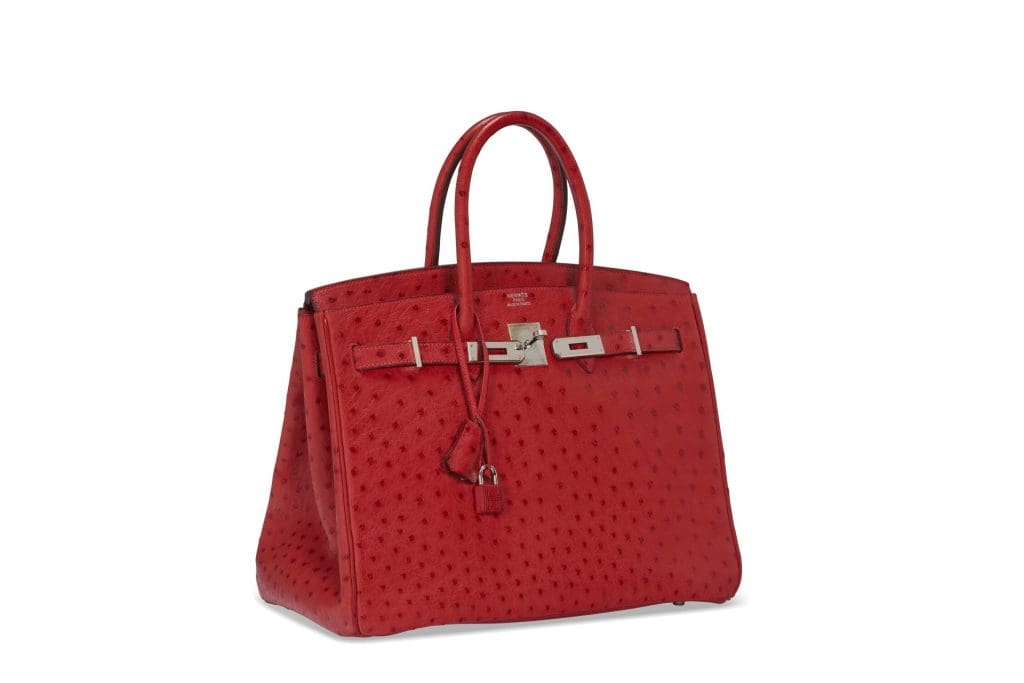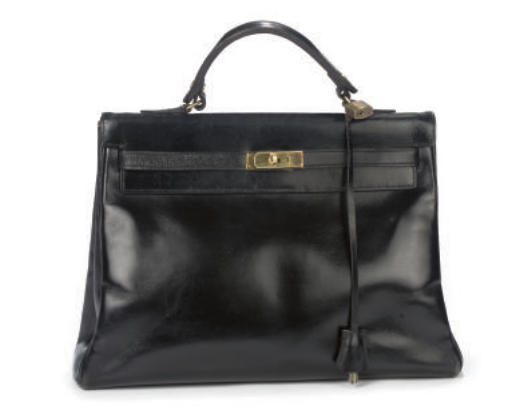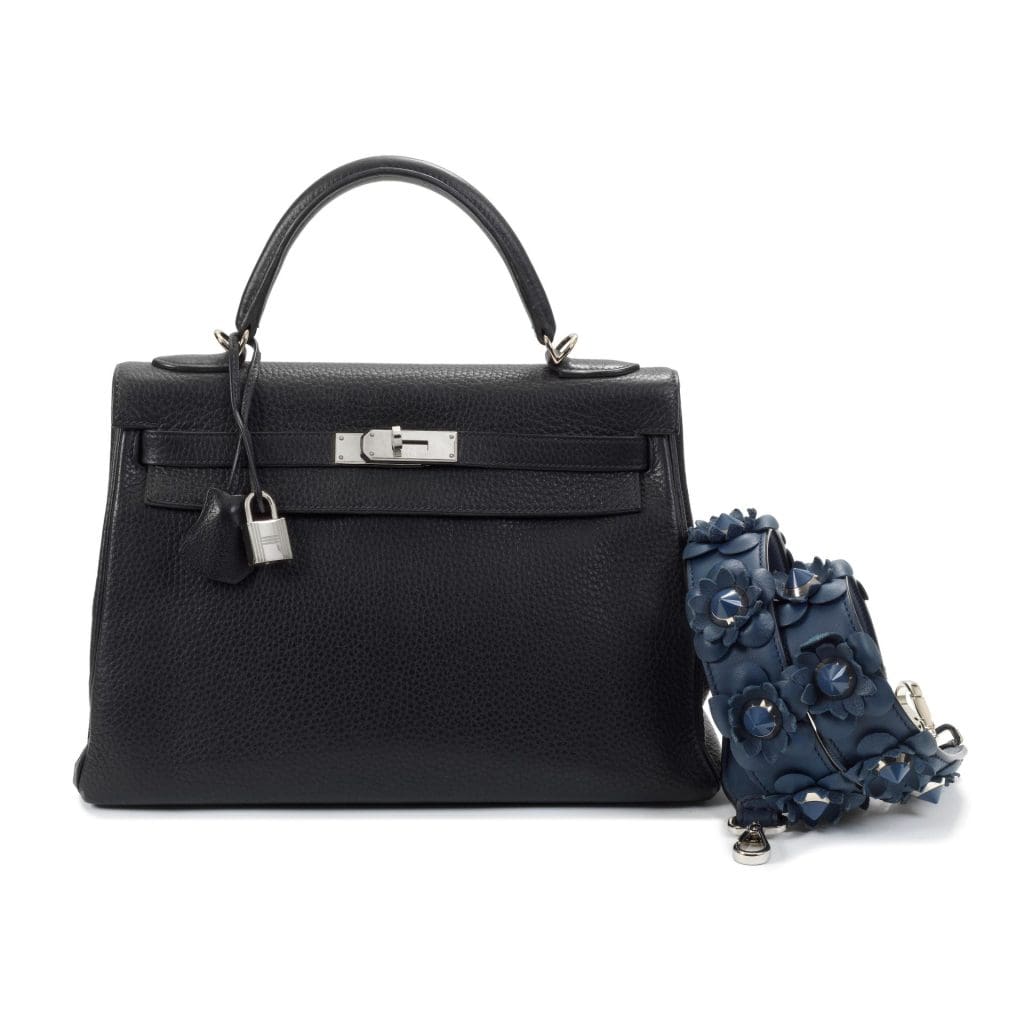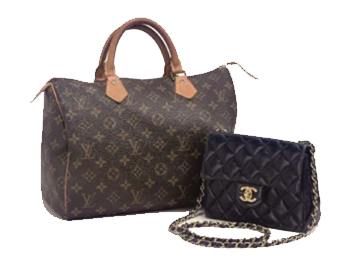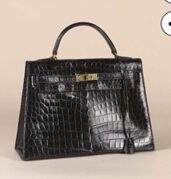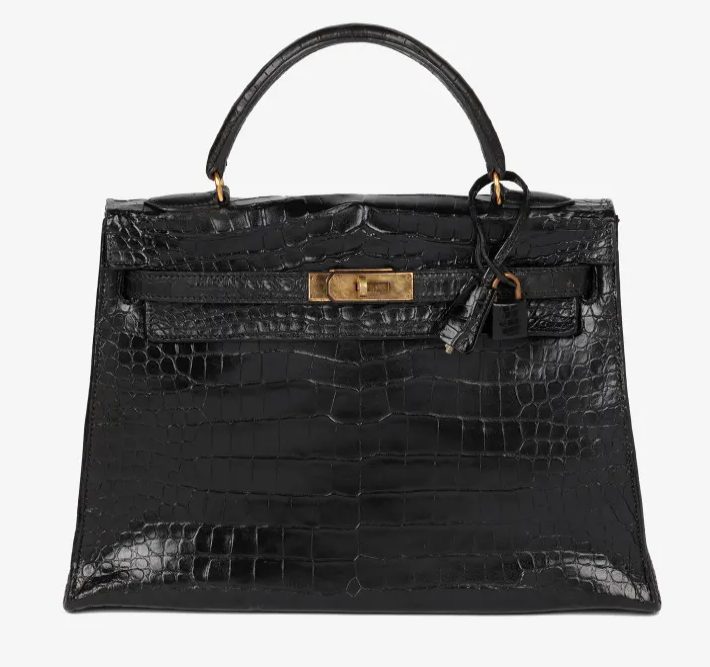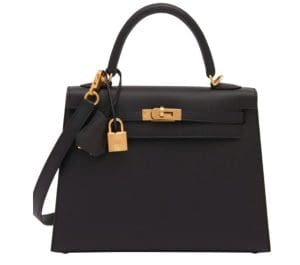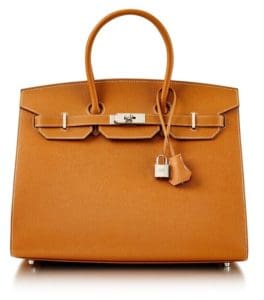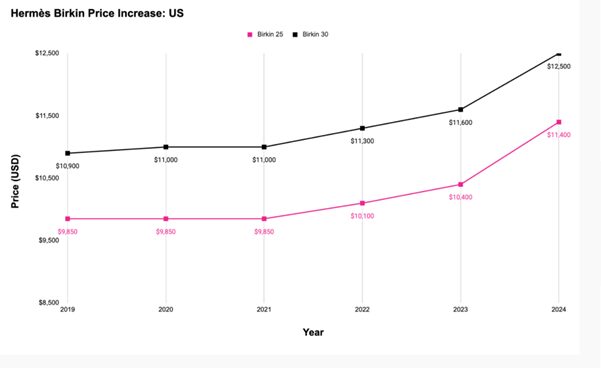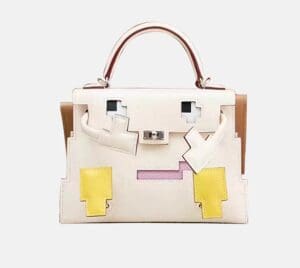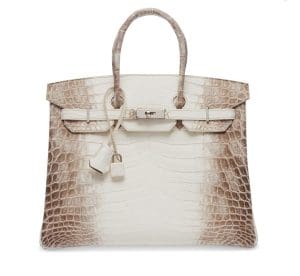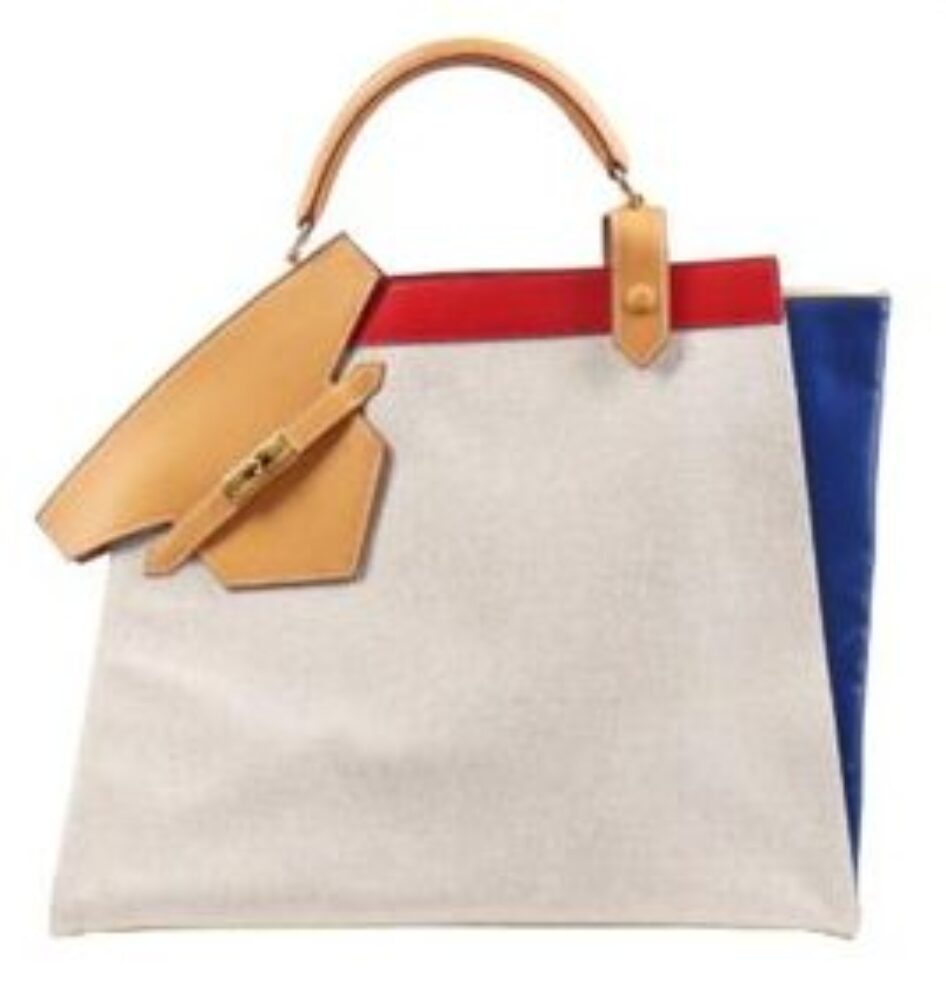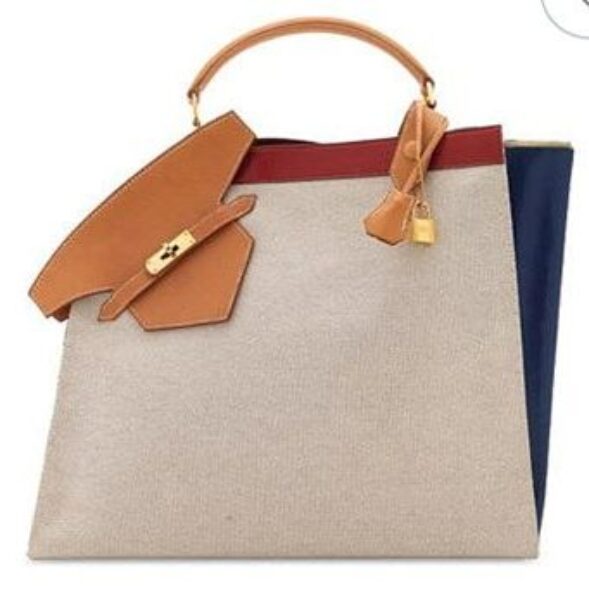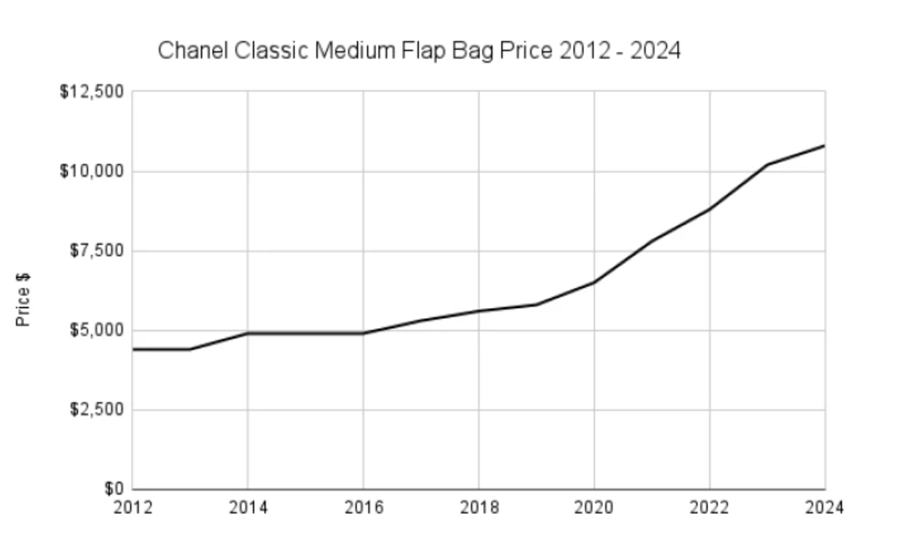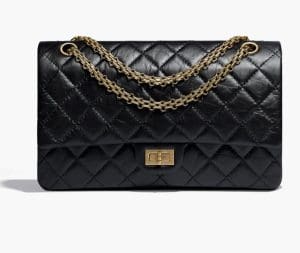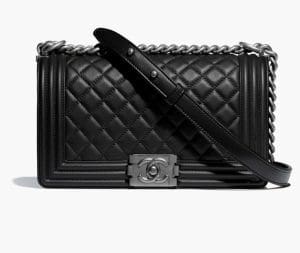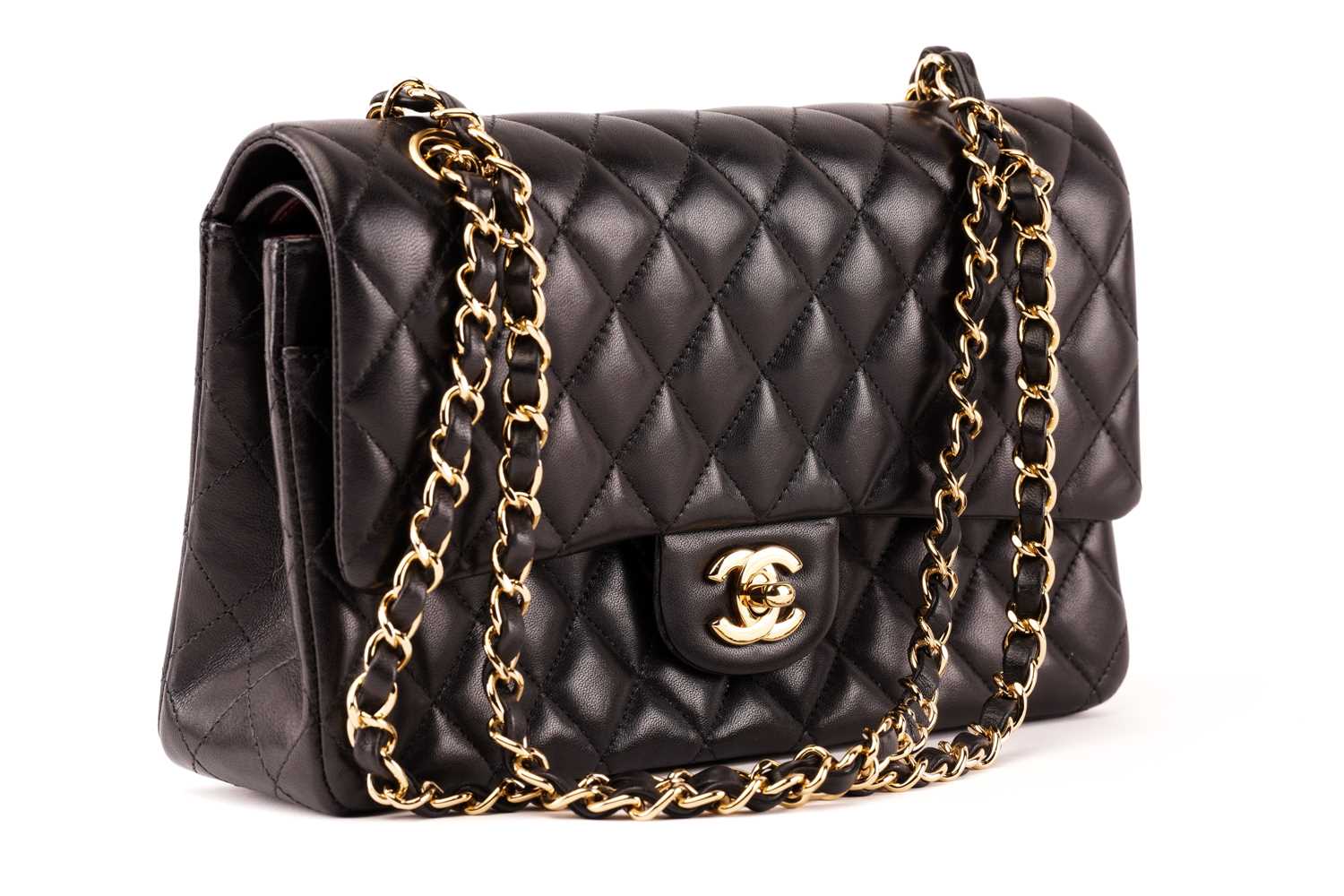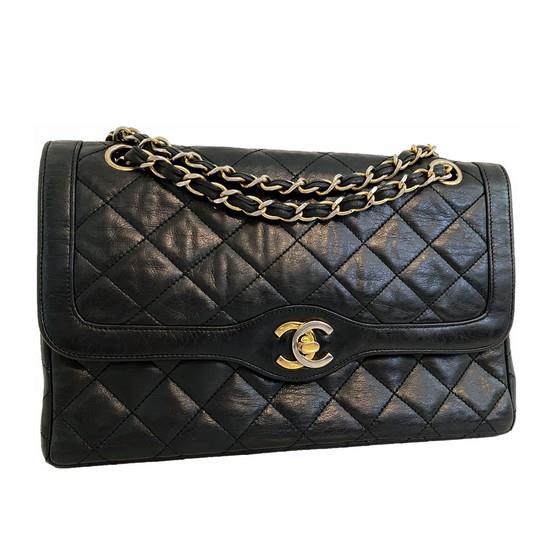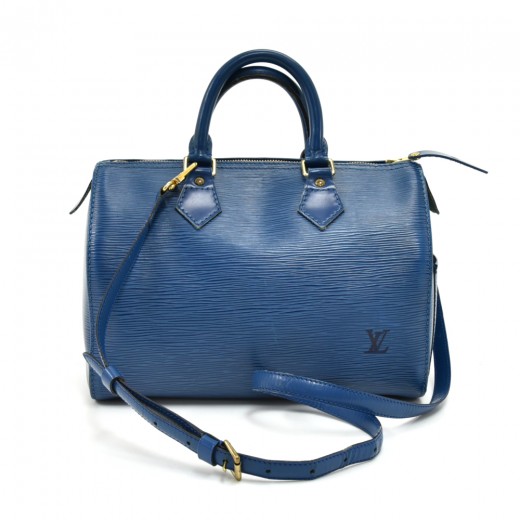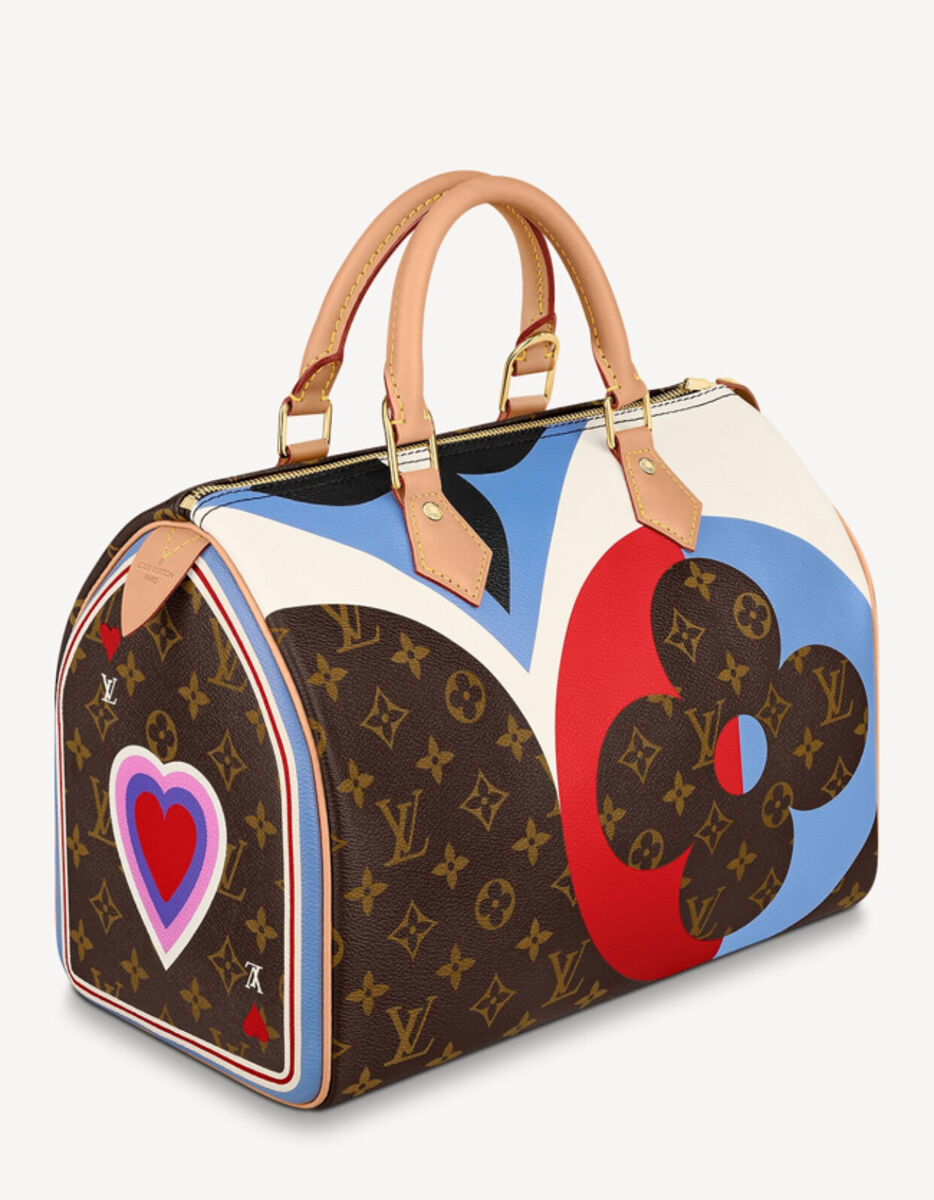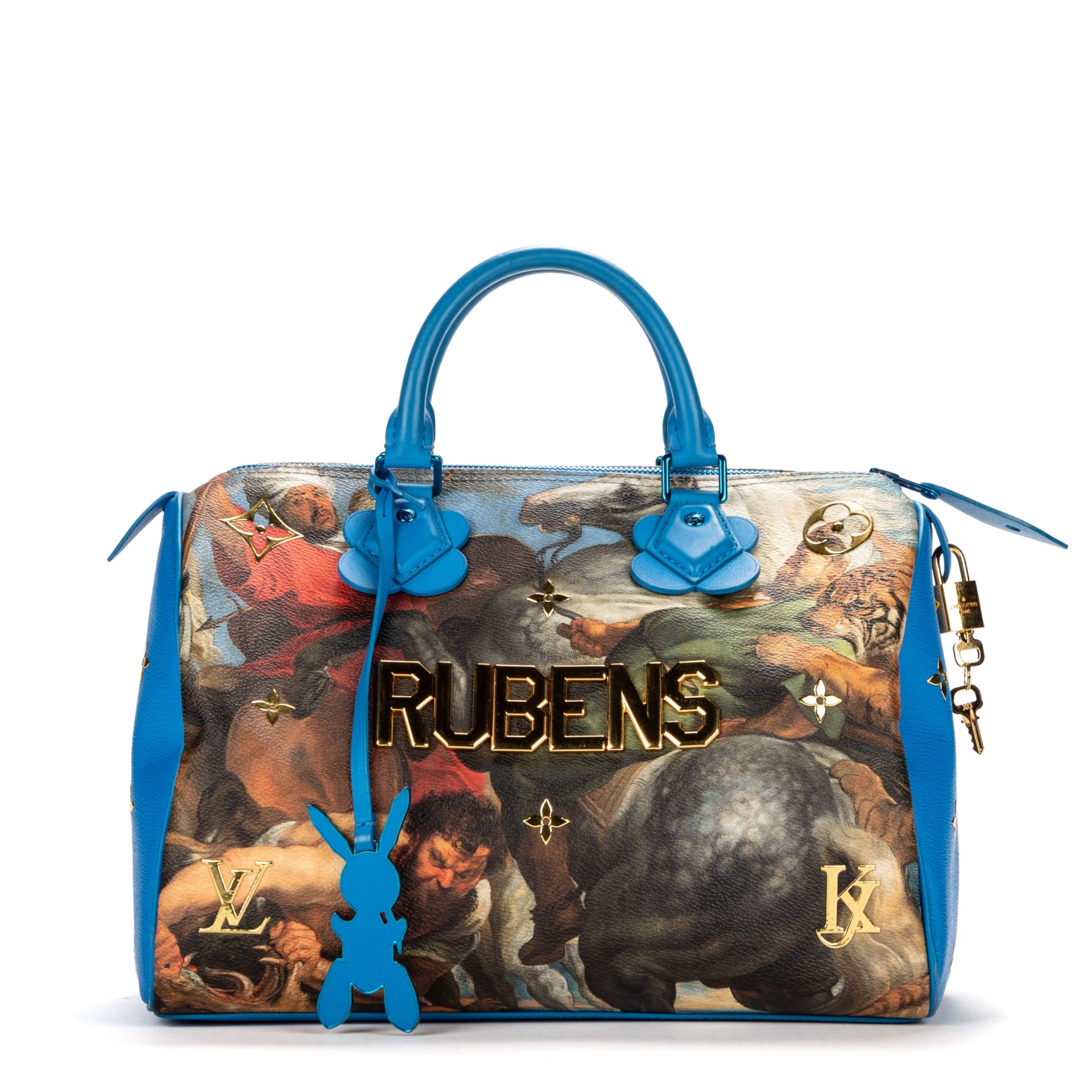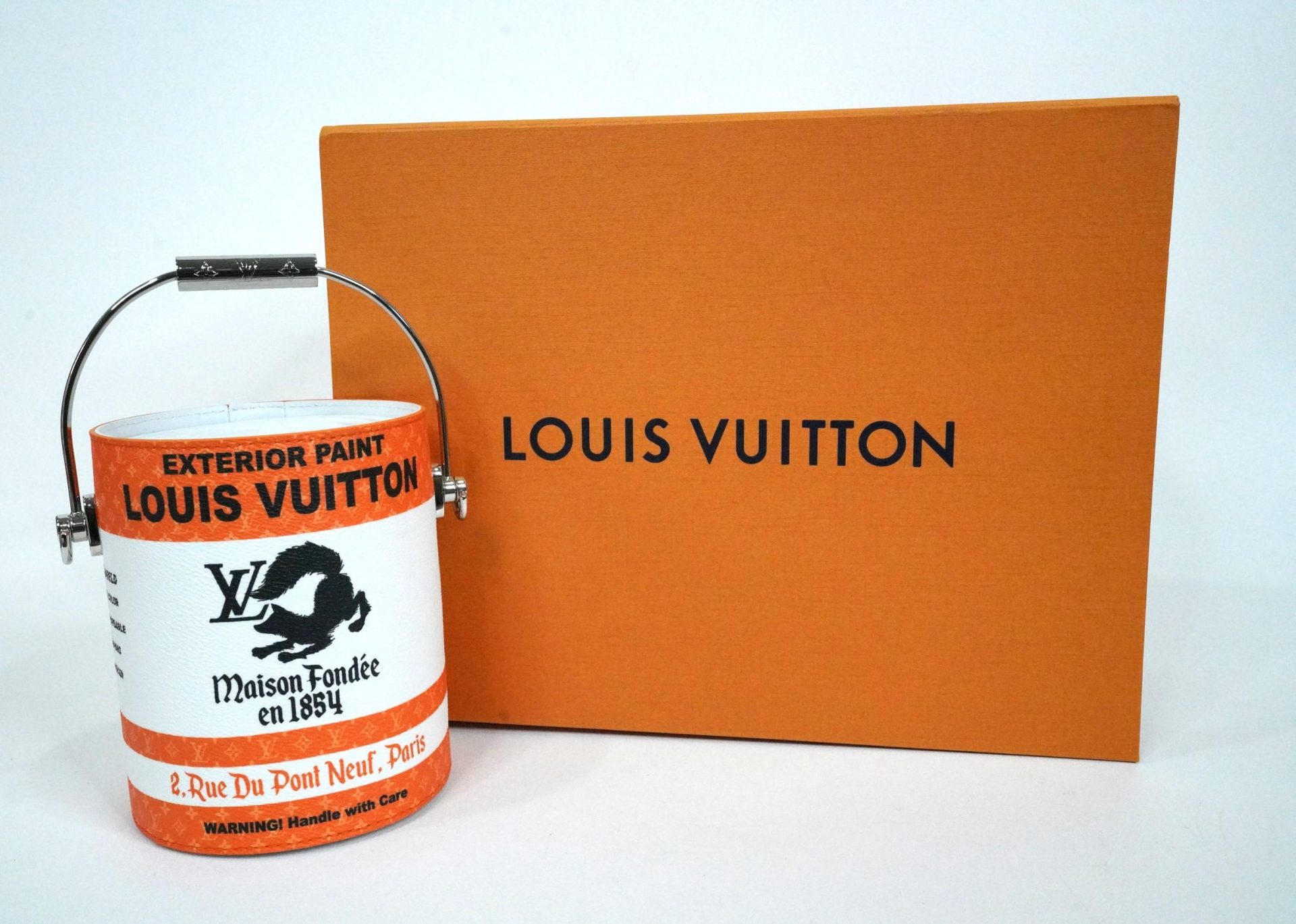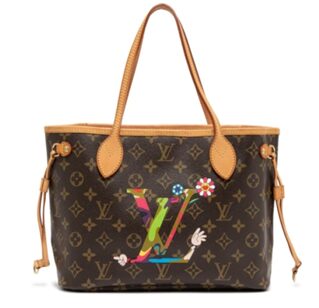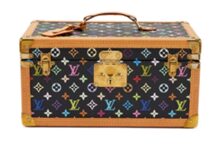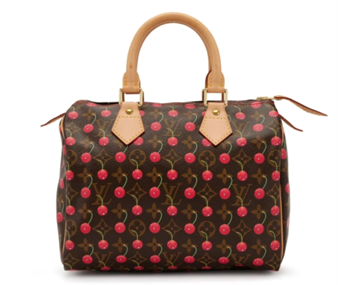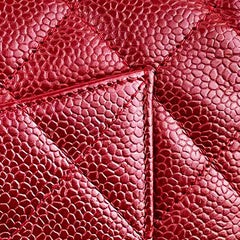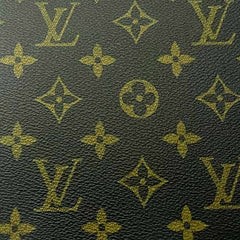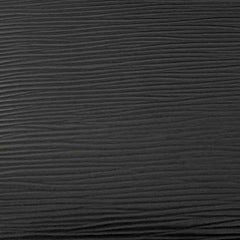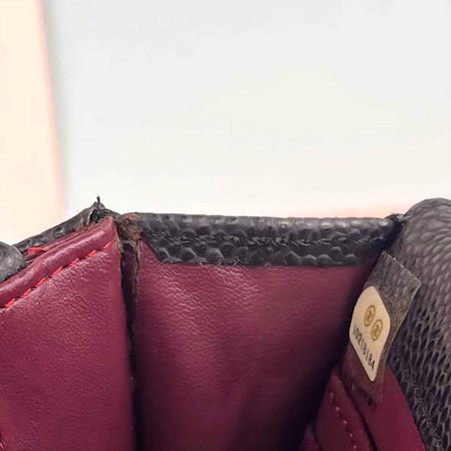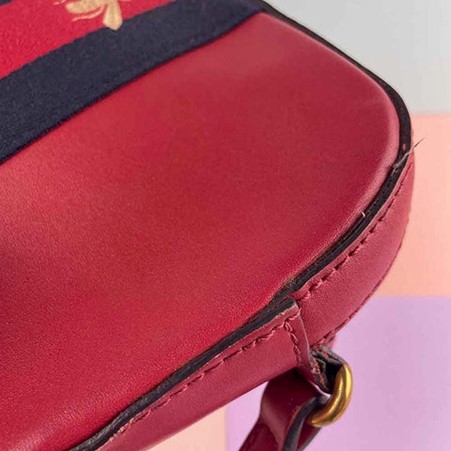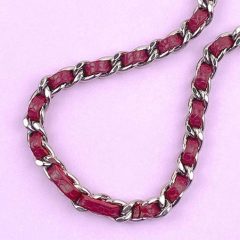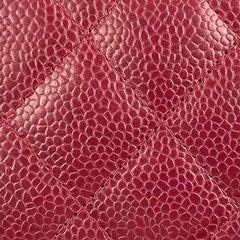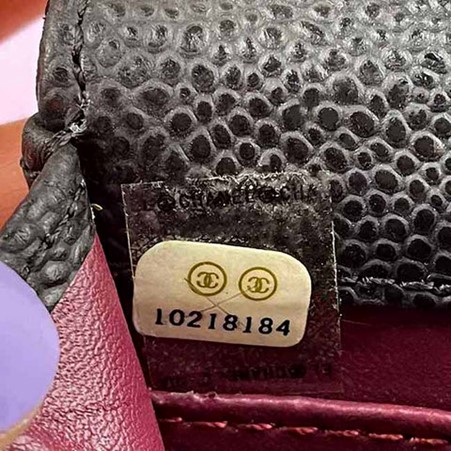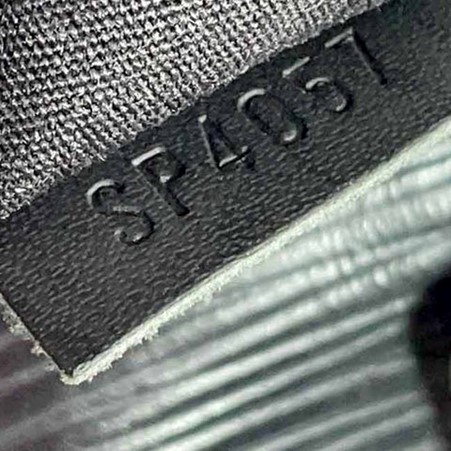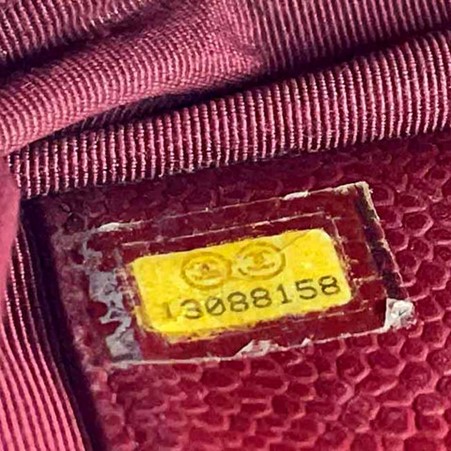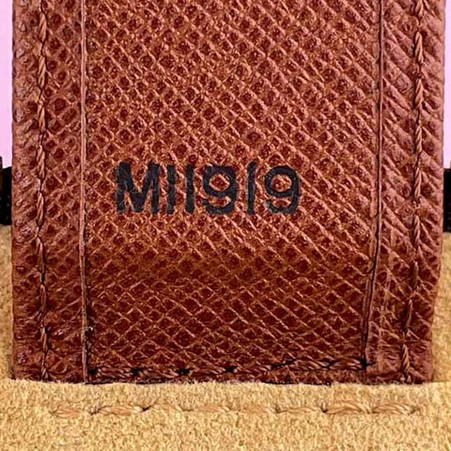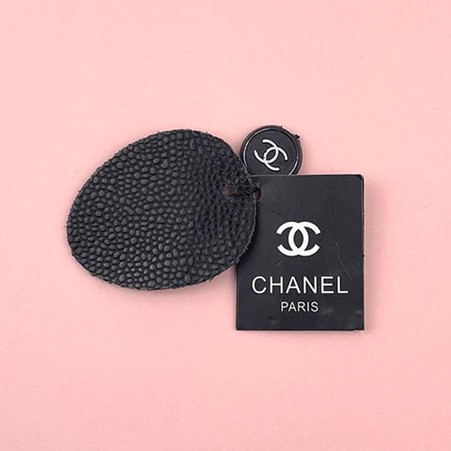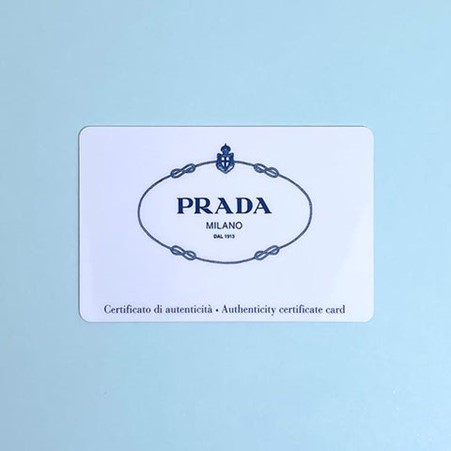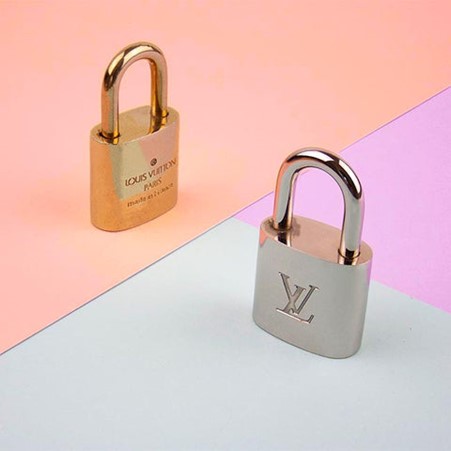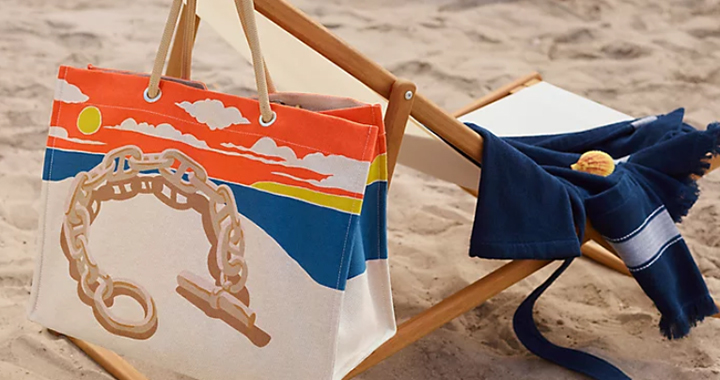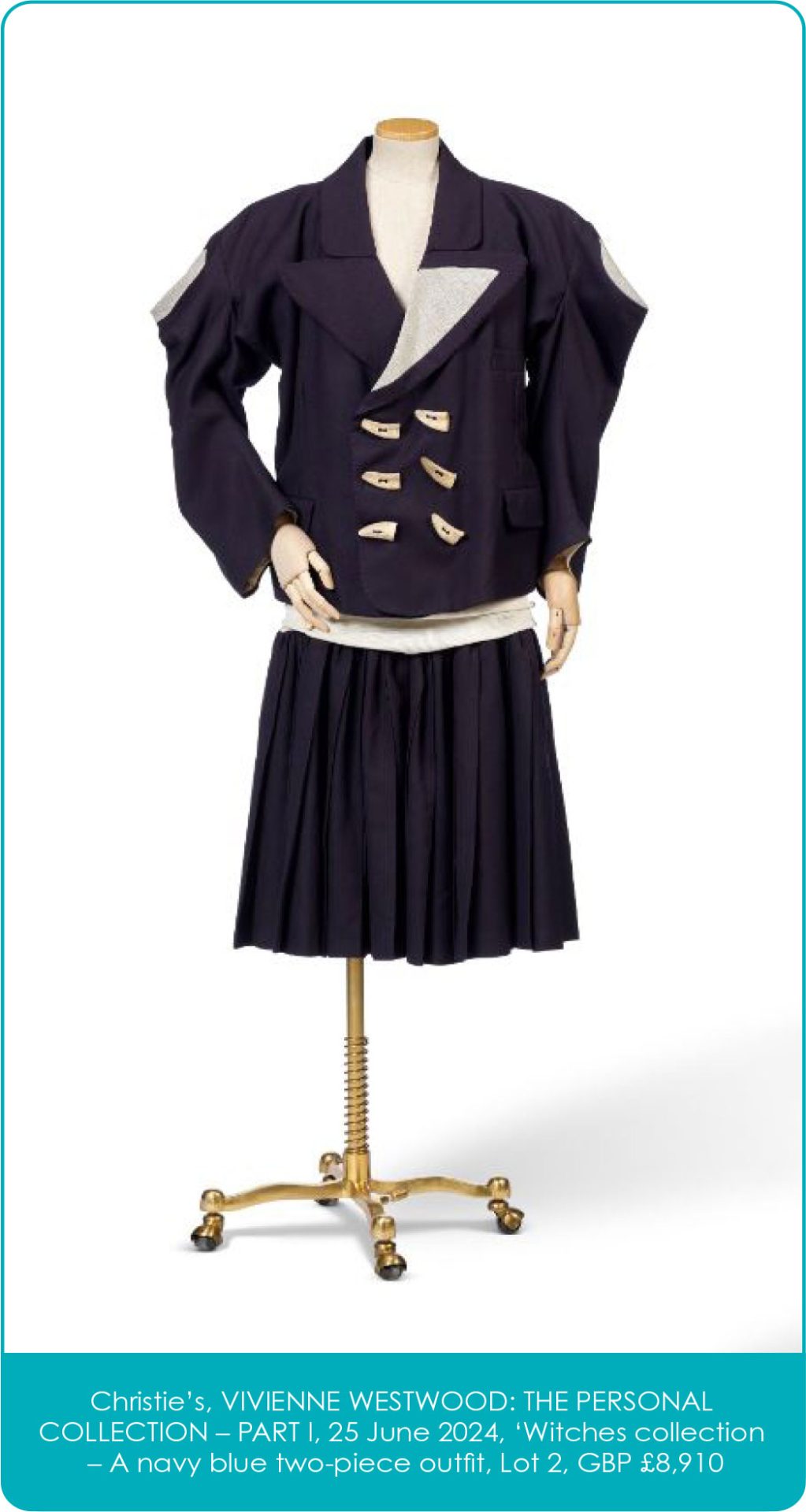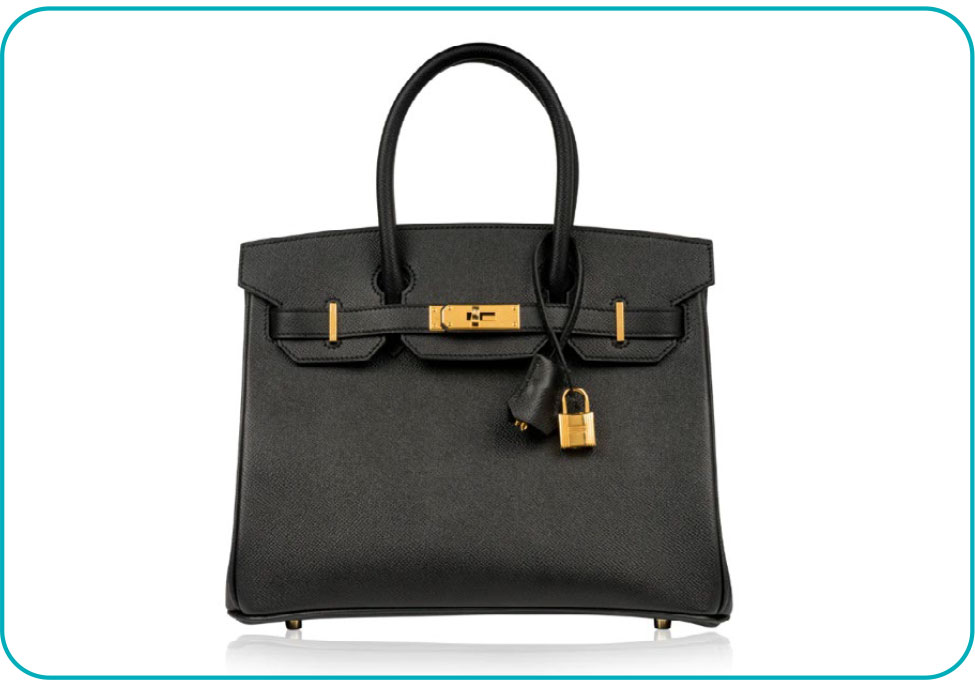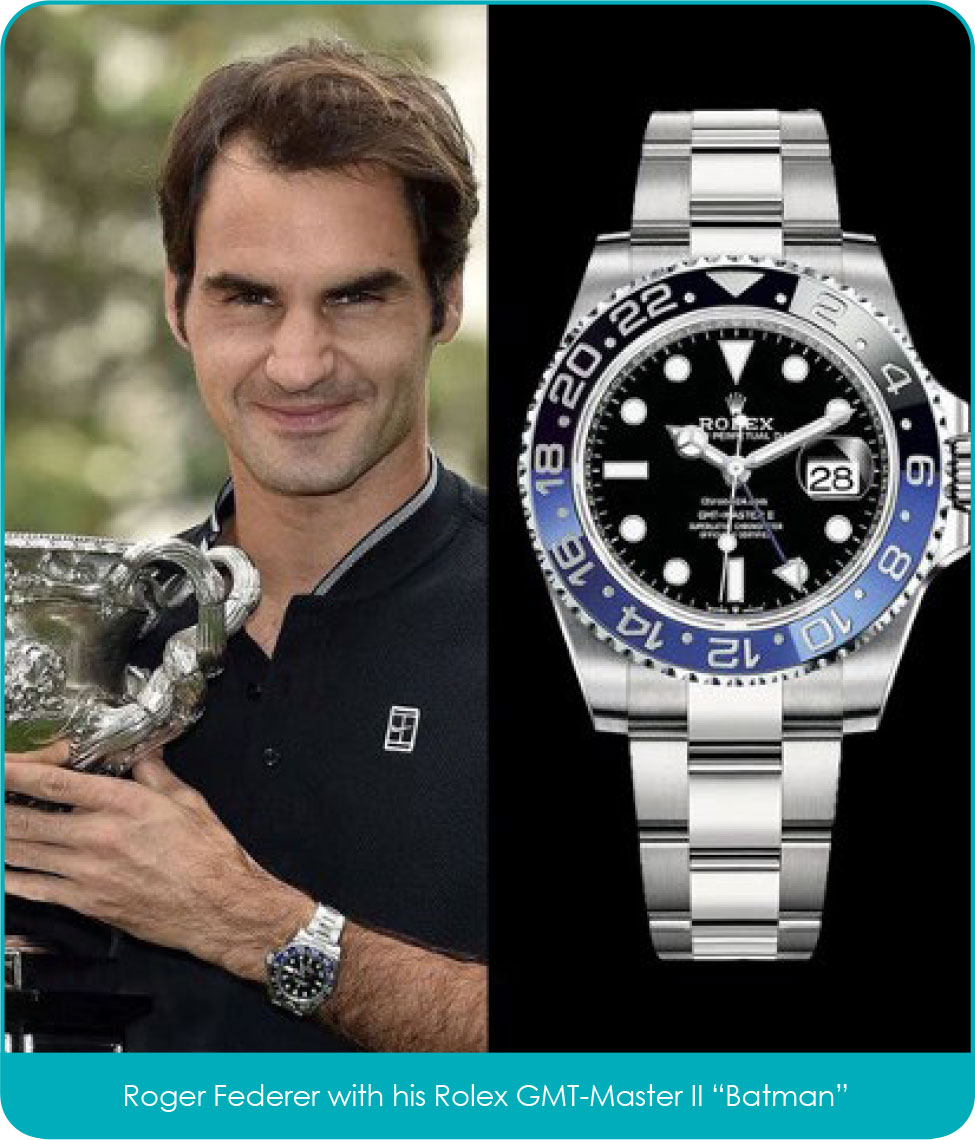June is one of the most important months in the European fashion calendar with Milan Men’s Fashion week and Paris Haute Couture Week, showcasing forthcoming styles.
This year, however, perhaps the more significant occasion for fashion historians took place at Christie’s, London – the sale of the personal collection of British fashion designer Vivienne Westwood.
Dame Vivienne Westwood (1941-2022) was a seminal British fashion designer and linchpin of the Punk movement. Her designs simultaneously captured and redefined quintessential British fashion.
The Christie’s auction included pieces worn by Vivienne Westwood from her own collections. The auction was offered in two parts, Part I – a live day sale (including 95 lots) held on 25th June and Part II – an online auction (including 179 lots) closing on the 28th June 2024.
Proceeds from the sale were to be donated to a number of charities important to Westwood: Amnesty International, Medecins Sans Frontieres, Greenpeace and The Vivienne Foundation.
The highest price achieved during the auction reflected these values. Lot 1 – ‘THE BIG PICTURE – Vivienne’s Playing Cards, Collect the Cards, Connect the Cards’ – a series of 10 signed digital prints. Though conceived in 2017, they were printed in 2024 – with Vivienne signing the blank sheets prior to printing in 2022. Each suit was designed by Vivienne to represent those who have had a positive or negative impact on humanity and the environment. The prints used images and symbols recognisable from her career spanning six decades. With 100% of the sale proceeds being donated to Greenpeace, the lot had a total selling price of £37,800.

Her route to becoming one of fashions leading figures, was much like Vivienne herself, unconventional.
She was born in Cheshire, spending her childhood between Cheshire and the county of Derbyshire. When Vivienne was 17, her father took the decision to move his family to Harrow (now in Greater London). She attended Harrow School of Art to study fashion but did not enjoy the course or believe a woman would be able to earn a living with this career. After a spell working in a factory, Vivienne chose primary school teaching as an alternative occupation (sharing her knowledge seemed to be a lifelong endeavour – she continued to teach fashion throughout her life – fashion designer Bella Freud described her as “the greatest teacher I have ever known” [Vogue, December 2022]).
Vivienne Westwood continued to make her own clothes, by the early 1960s was married with a son. During the mid 1960s she met Malcolm McClaren – the man influential on her perception of the possibilities of art and fashion – he would become her second husband.
The pair collaborated on a vision of an entire shop (developed from McClaren’s existing stall) – selling clothes, memorabilia and 1950s inspired pieces for the rebellious, located on at 430 Kings Road, Chelsea. This location was to change the course of fashion and music history – and would be connected with the Vivienne Westwood brand throughout her career.
The shop’s first incarnation dubbed ‘Let It Rock!’ opened in 1971. With each changing collection the store changed its name (‘Too Fast to Live to Young to Die’ 1973, ‘Sex’ 1974 – 1976, and ‘Seditionaries’ 1976 – 1980), – becoming a focal point for the burgeoning punk movement. For these later incarnations Vivienne created what we would now call the Punk Aesthetic – with fetish wear, graphic designs, and accessories of chains and safety pins. The band the Sex Pistols were formed by Malcolm McClaren through the shop (members Glen Matlock and Sid Vicious both worked there) and their name chosen in part to promote it.
By the early 1980’s Vivienne Westwood was not yet a household name and her innovations generally under appreciated. As punk faded, a new scene grew – dubbed by Vivienne ‘New Romantic’. The shop rebranded to ‘World’s End’.
Vivienne held her first fashion collection ‘Pirates’ in 1981.
Christie’s chose to sell Vivienne’s wardrobe in chronologic order – with the earliest dating ensemble created as part of the ‘Witches’ collection (1983) (her first to be shown in Paris and her final collaboration with McClaren).
Lot 2 was from the ‘Witches collection – A navy blue two-piece outfit bearing the ‘World’s End’ label, estimated at £4,000 – 6,000. The garments had been inspired by Vivienne’s meeting artist Keith Haring in late 1982. The total selling price here was £8,190.

Prior to the sale the viewing was packed with celebrities and Sartorialists looking to add to their collections, or simply get a glimpse of a career in microcosm – the sale more typical of a V&A exhibition than auction.
During the preview Christie’s projected one of Vivienne’s quote’s ‘The art lover is a freedom fighter’. With portraiture in mind, Christie’s displayed pieces from the Vivienne Westwood auction alongside paintings included in their forthcoming Old Masters sale. Lot 30 a dress created for the Autumn/ Winter 1998/ 1999 ‘Dressed to Scale’ collection was viewed alongside Sir Peter Lely’s ‘Portrait of Barbara Villiers’ [Lot 20, Old Masters, Christie’s, 2nd July 2024, £567,000]). The corseted piece of silk taffeta fetched the highest price for clothing realising £32,720.
Similarly, two lots included clothing from the AW 1997/8 ‘Five Centuries Ago’ Collection. This show was directly inspired by garments depicted in Tudor and Jacobean portraiture, which had been exhibited at the Tate Gallery in 1996. Lot 23 was a flannel two-piece suit worn by Vivienne on the runway at the close of this show. Estimated at £2,000 – 3,000 it achieved £8,190. Whilst lot 23 a black and gold brocade dress sold for £8,820 (against an estimate of £1,200 – 1,800).
Lot 4 was a three-strand faux pearl necklace and matching earrings produced for the Autumn / Winter 1991/1992 ‘Portrait’ collection. Vivienne had worn the jewellery during publicity for her Swatch Watch campaign – again showing the impact of historic imagery and faux pearls becoming part of her signature style. Estimate at £800 – 1,200 the set sold for £5,040.
The Orb is the symbol most closely associated with the Vivienne Westwood brand. It was conceived in 1986 and first appeared in the ‘Harris Tweed’ Autumn/ Winter 1987/ 1988 collection. Several lots of costume jewellery were available with the Orb central to the design. Lot 9 (estimated at £600 – 900) was a knuckle duster orb ring, created in 1992. Now instantly recognisable as a Vivienne Westwood piece, it sold for £4,043. Lots 10, an orb choker, and 11, a pair of orb earrings, both from the 1993/4 ‘Anglomania’ collection, sold for £10,080 and £4,788 respectively.

This ‘Anglomania’ collection was the first to feature Vivienne’s own tartan – again a style now synonymous with the brand – and marked the beginning of her creative partnership with husband Andreas Kronthaler (which would continue over their almost 35 years together). Vivienne met Andreas in 1988 whilst teaching fashion design in Vienna. The tartan was named ‘McAndreas’ after him and produced by weavers Locharron. Lot 12 was a two-piece tartan suit utilising the fabric, here selling for £5,292 (inc. BP).

The ‘Anglomania’ show was memorable, due to Naomi Campbell’s catwalk tumble whilst wearing a pair of super elevated platform shoes. Lot 13 was a velvet jacket, identical to that worn by Campbell during the show, offered together with a blouse. Estimate at £800 – 1,200 it sold for £11,340.
Several pairs of platform shoes were included in the auction – the highest price achieved for footwear was lot 39 – A pair of brown leather ‘Animal Toe’ heeled ‘Trainer Shoes’ from the AW 2002/3 ‘Anglophilia’ Collection. These sold for £6,048.
From the same collection and inspired by Elizabeth II Golden Jubilee celebrations was lot 40 – a complete ensemble from the Gold Label, against a pre-sale guide of £1,500 – 2,500 it sold for £13,860.
Lot 68 was given special attention during the viewing and placed in a space alone. The satin ‘Cinderella’ dress in ice blue colour was created as part of the 2011 ‘Gaia The Only One’ collection. Taking influence from ballet and 18th century fashion it achieved ten times its mid estimate figure selling for a total of £25,200.

Part I was a white glove, 100% sold auction – achieving a sale total including buyer’s premium of £465,192.
Part II included further items from Vivienne’s collection – many of them being individual garments and accessories.
Lot 105 was of costume jewellery produced for the 1993 ‘Grand Hotel’ collection and reflected Vivienne Westwood’s earlier career. The ‘Sex’ choker and earrings sold for £7,560 (inc B.P).
Several of the pieces could have been purchased for inclusion in a contemporary wardrobe. Lot 193 was a striking blanket coat from the AW 2004/5 ‘Exhibition’ collection. The graphic fabric, in a punk / graffiti inspired motif, sold for £4,410 (inc. B.P).
From the later part of Westwood’s career was an unusual handmade headdress designed for AW 2017/18 (lot 258). Inscribed ‘Ecotric’ in felt pen and manufactured from pieces associated with waste, it achieved £2,520.
A lot which seemed to show how 1950s style continued to influence Westwood was 104 – a faux leopard fur coat from the AW 1991/2 ‘Dressing Up’ collection. Here the estimate was £1,500 – 2,500, it achieved £6,930.
Lot 162 showed the cross-over in Westwood collections of punk symbolism, with historical classical inspired pieces and contemporary prints. From the ‘Summertime’ collection, Spring/ Summer 2000 it included a long sleeve Lycra top and a silk skirt – selling for within estimate at £2,142.

An ensemble which highlighted the continuing influence of the punk style alongside the importance of her environmental message was lot 232 – a jersey t-shirt from the 2012 ‘War and Peace’ collection. Printed with the Gaia family tree and a climate change map of the world, it realised £2,016.
Towards the end of the auction were several pieces designed by Vivienne Westwood’s husband and current brand Creative Director, Andreas Kronthaler. Produced for Vivienne Westwood label and from Vivienne’s wardrobe, lot 272, a brass necklace with tooth shaped charms from ‘Rock Me Amadeus’ Collection, 2020 – the estimate here was £500 – 800 but total price of £3,276.

The highest price achieved during the online auction was not for clothing, but for the neon sign, specially commissioned by Christie’s to display at the King Street headquarters. In two pieces, totalling over 10 meters in diameter, it was not included in the printed catalogue, despite this it eventually sold for £30,240 (inc. BP).

As with Part I – Part II was 100% sold achieving a total of £289,296, bringing the combined figure for the two sales to just over £750k.
Read more articles by Stephanie Connell.
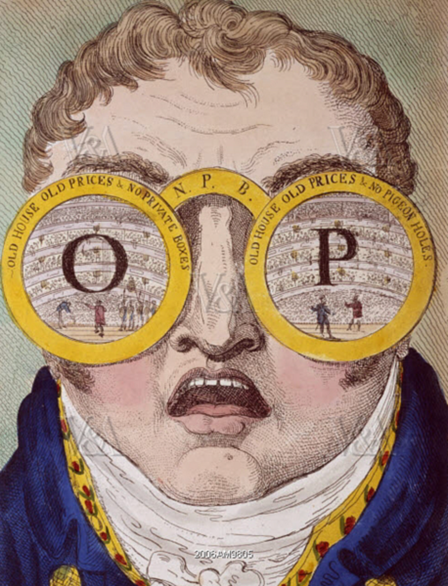
![BONHAMS, 31st January 2025, Americana Week, Lot 5 – A late 19th century trade sign – Sold for $16,640 [Insurance replacement £25,000]](https://doerrvaluations.co.uk/wp-content/uploads/2025/08/BONHAMS-31st-January-2025-Americana-Week-Lot-5-–-A-late-19th-century-trade-sign.png)
